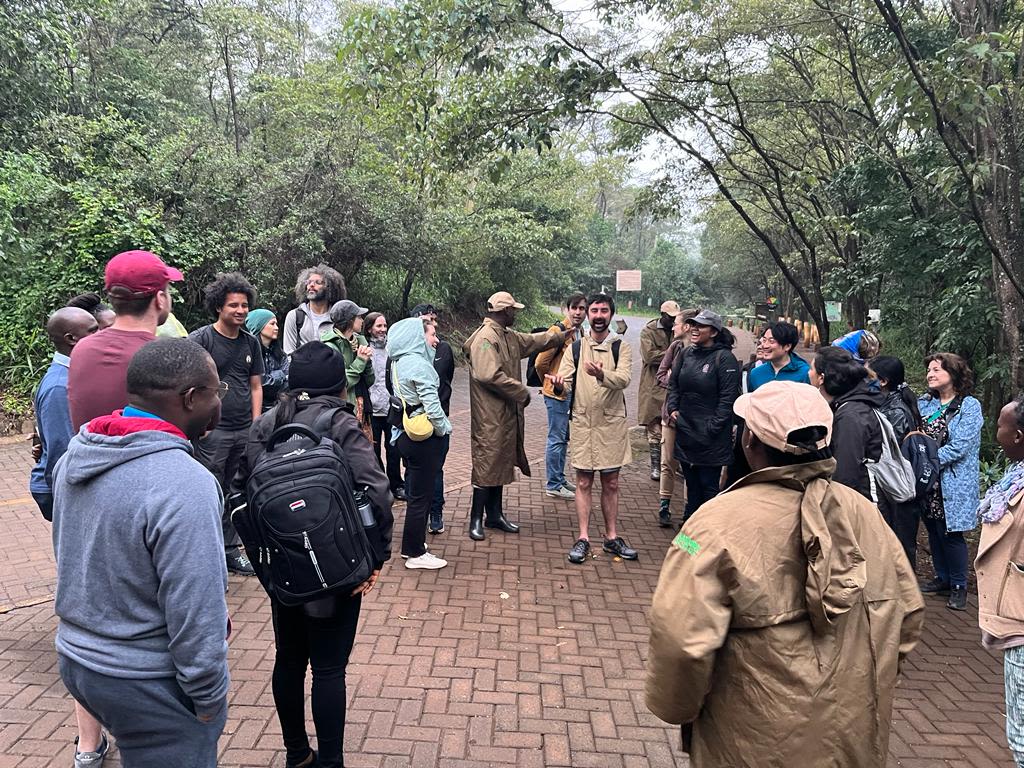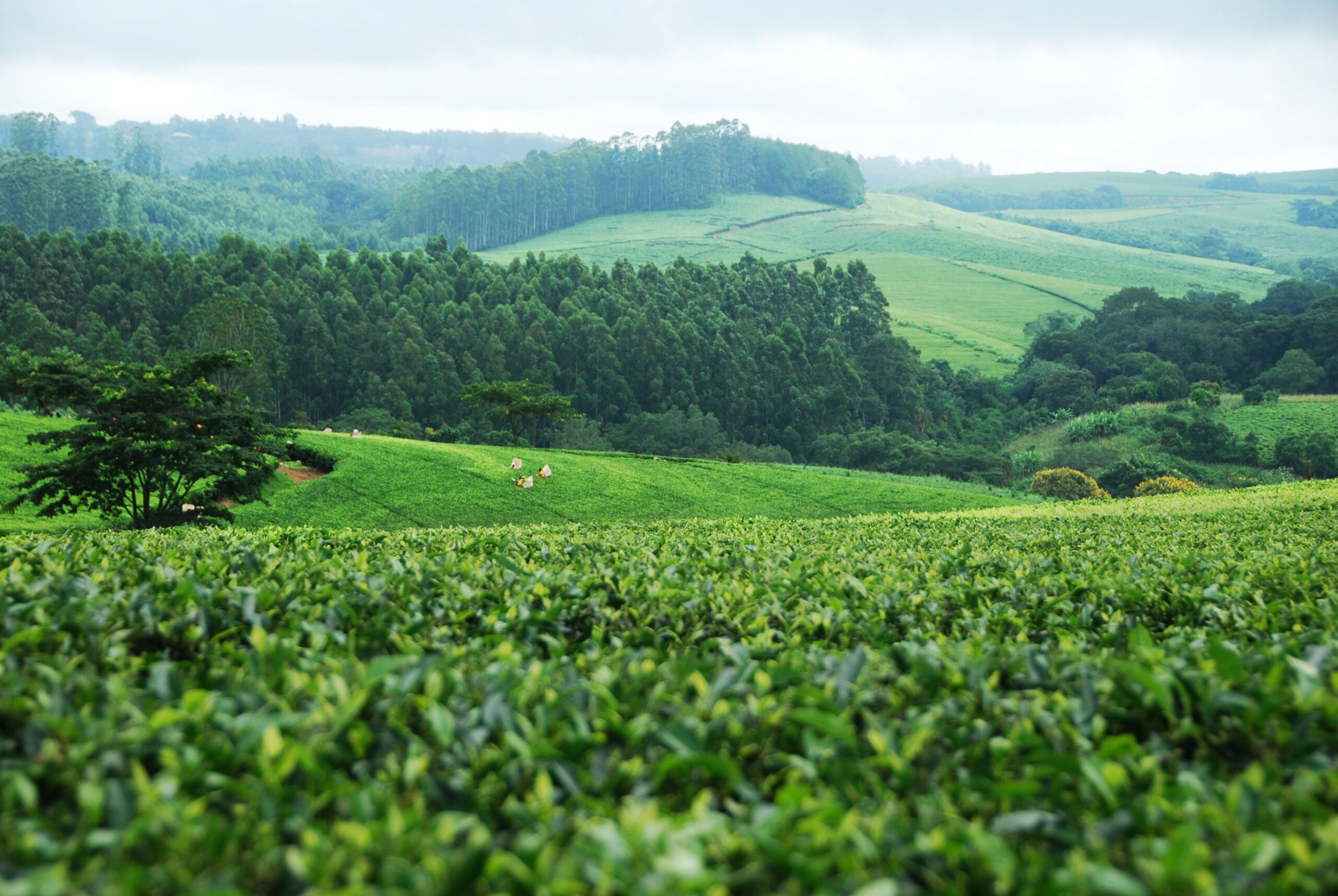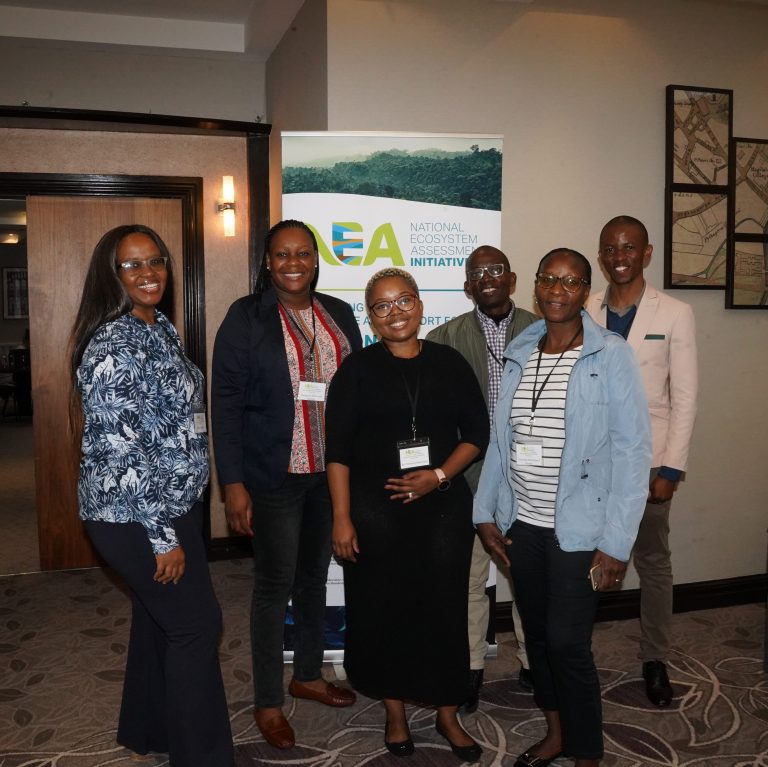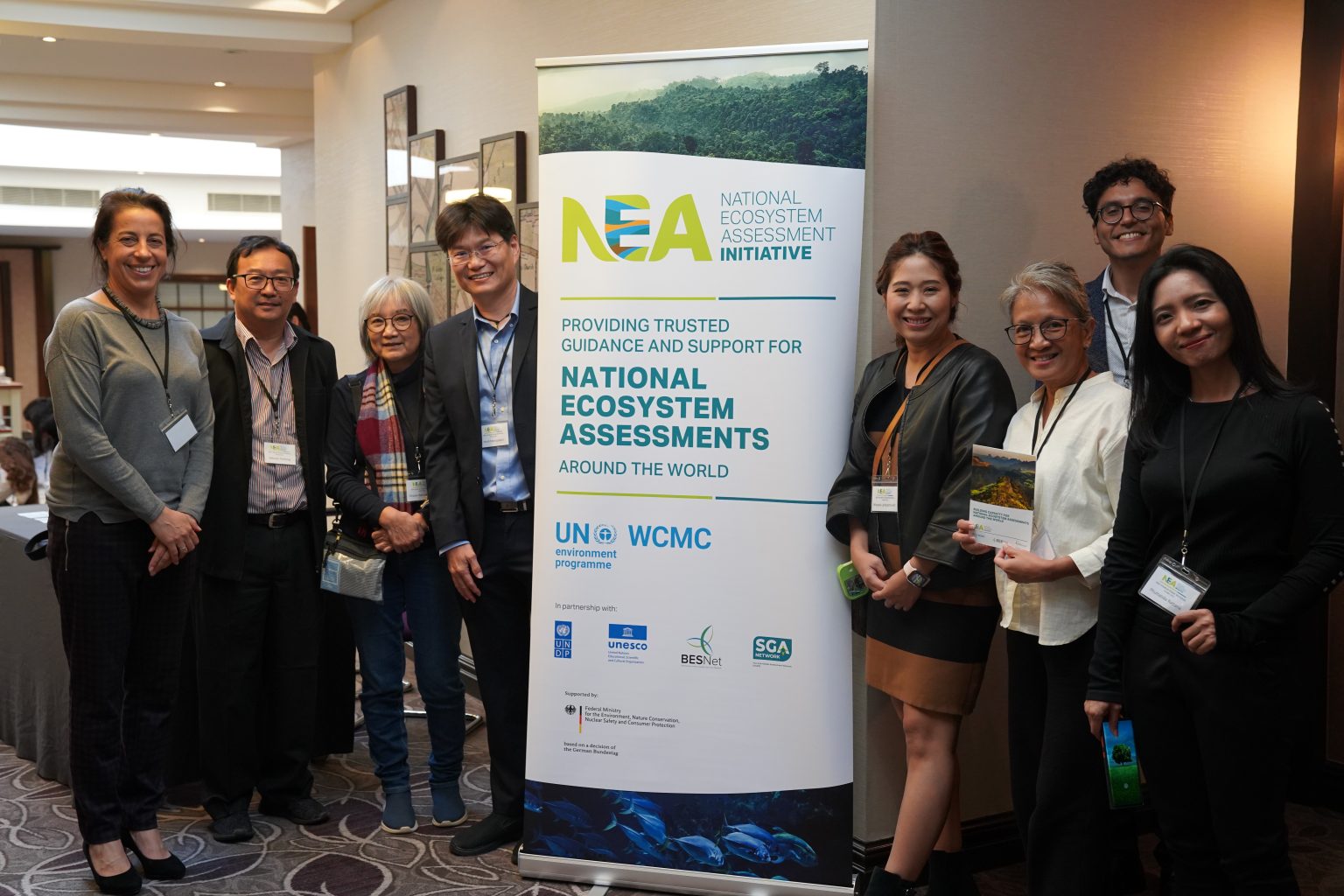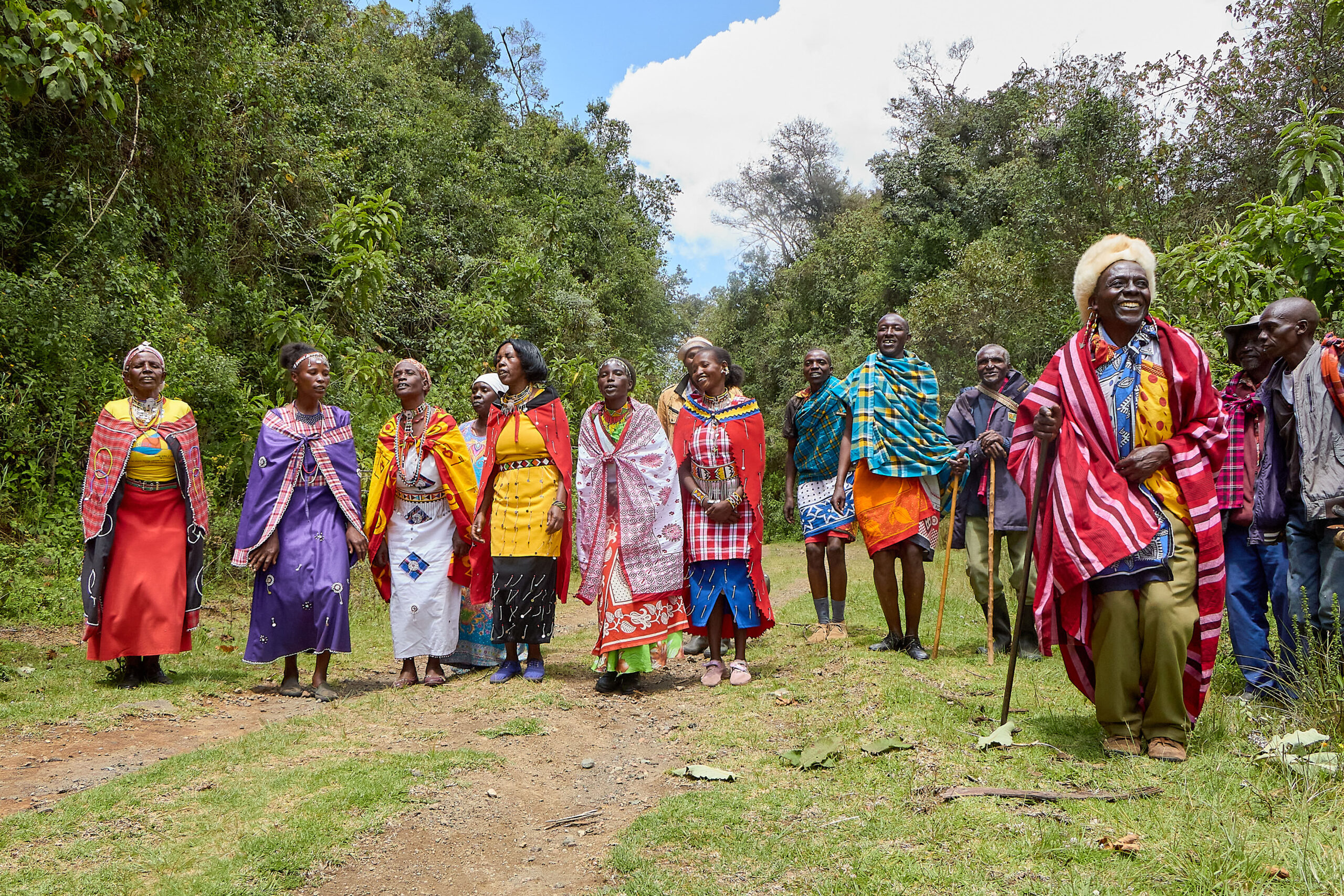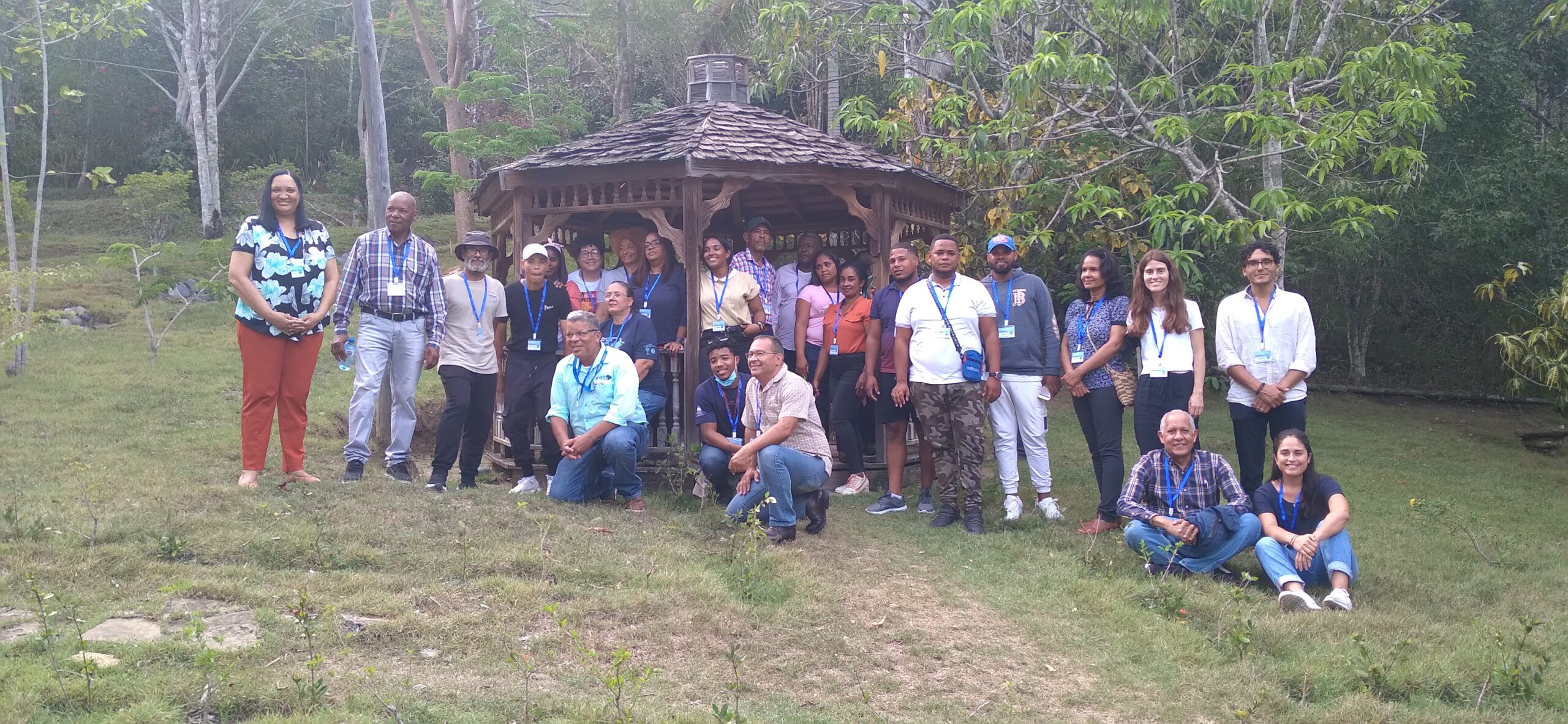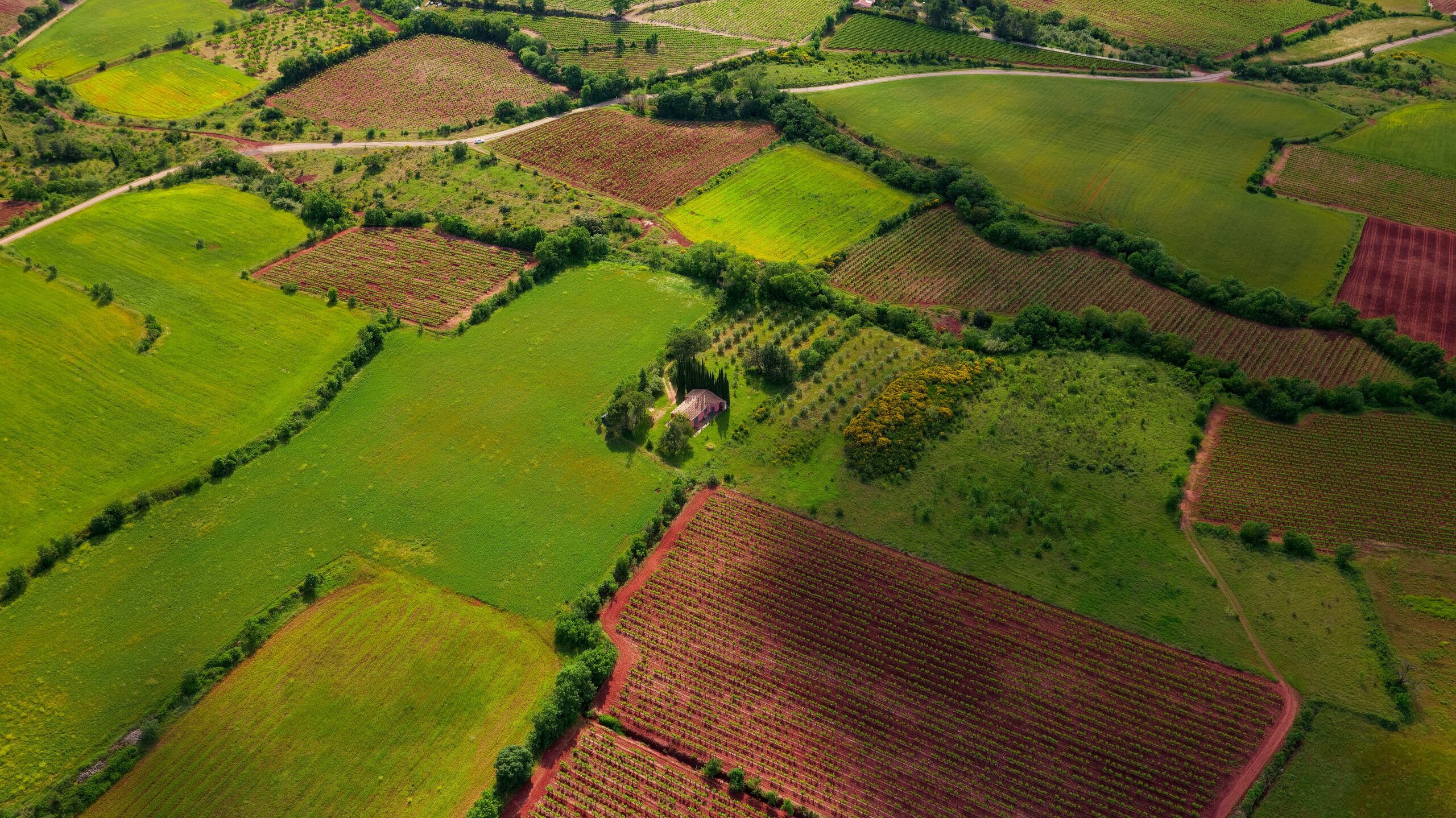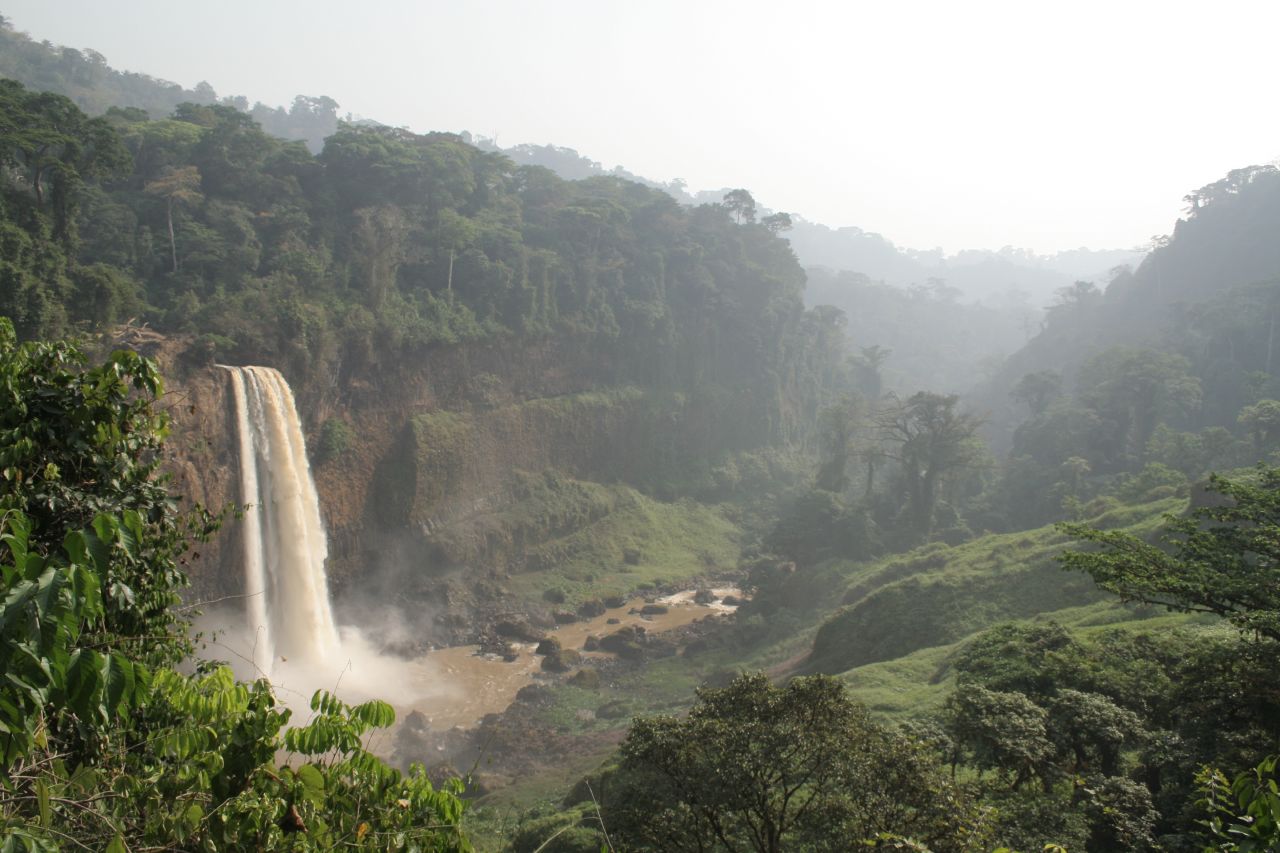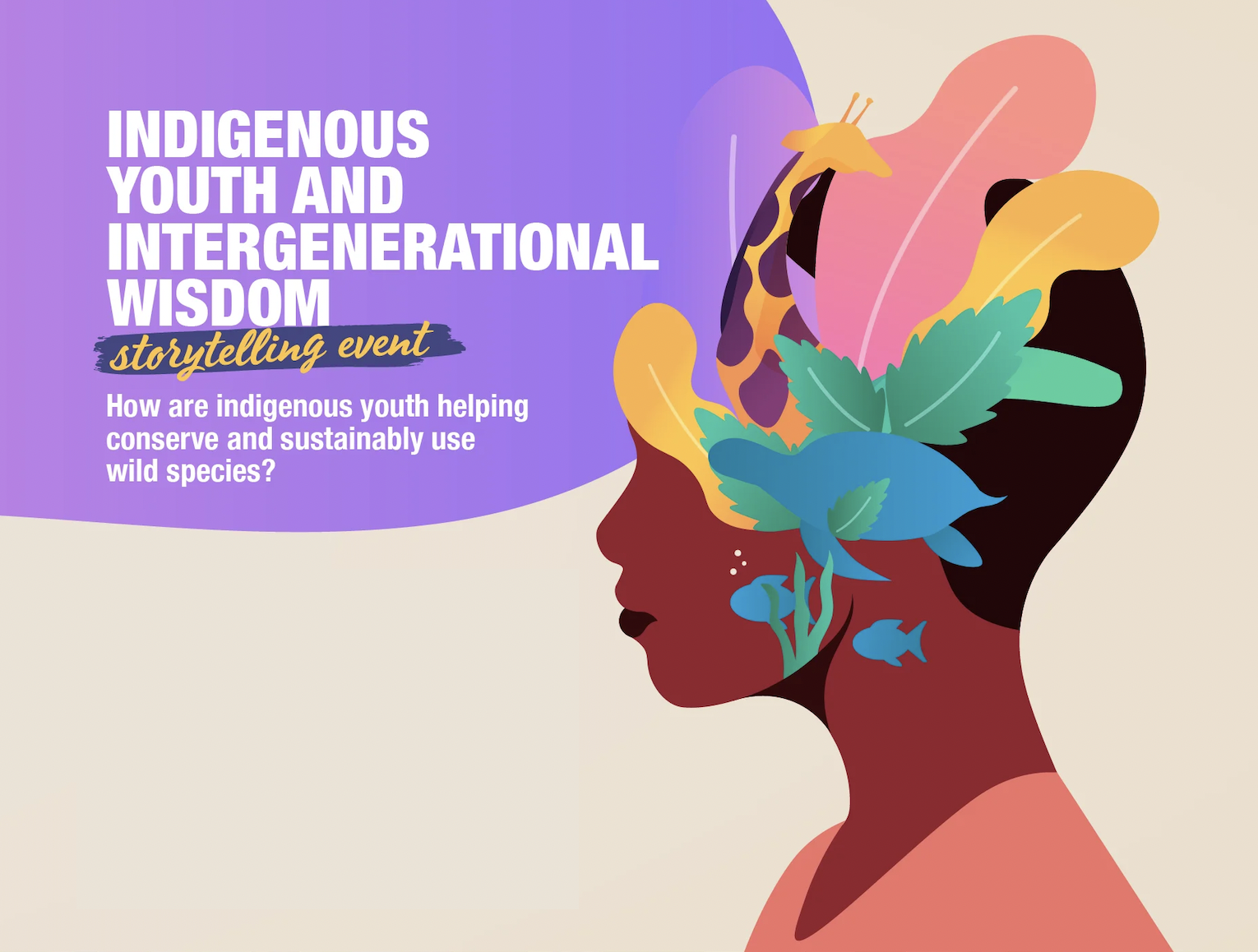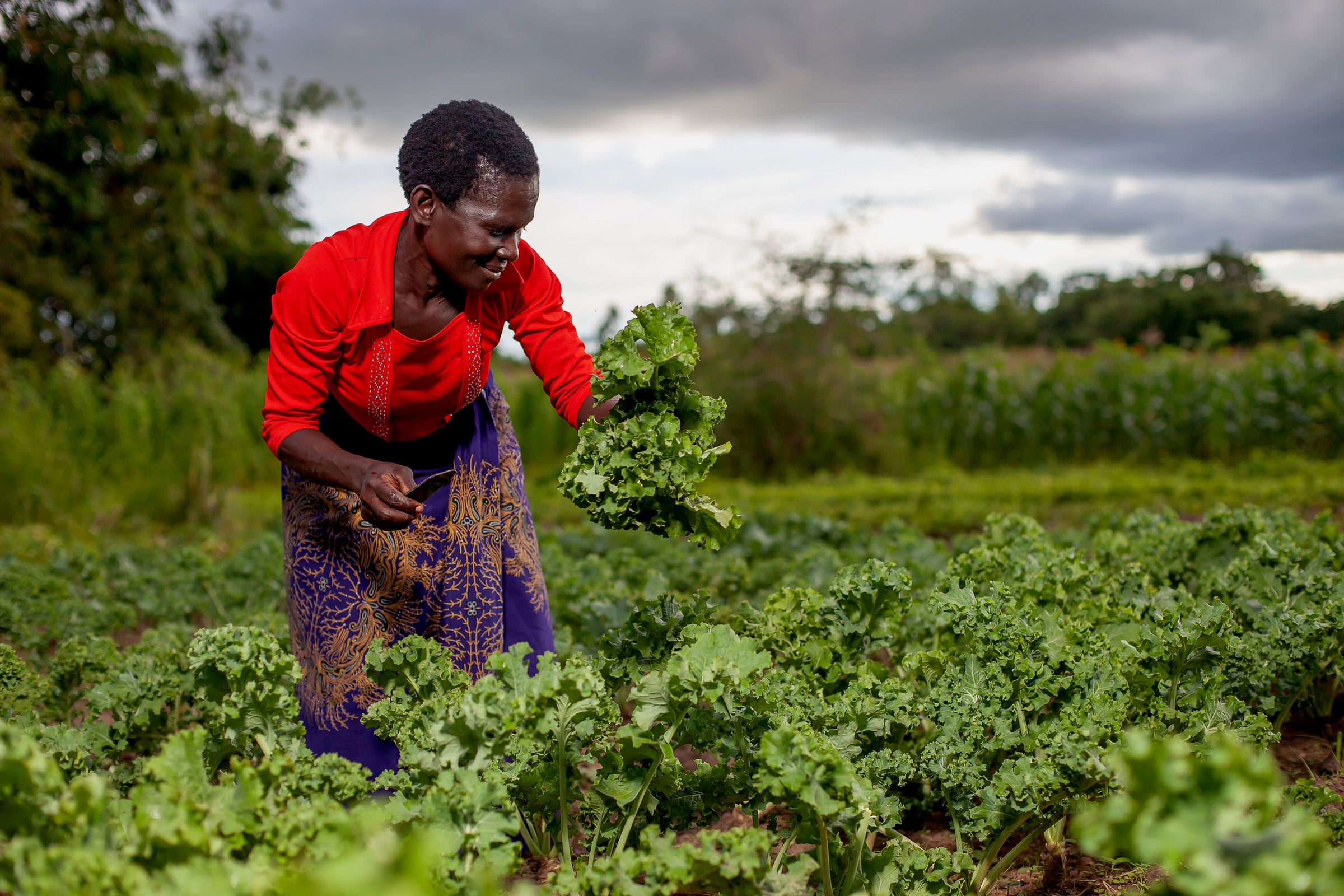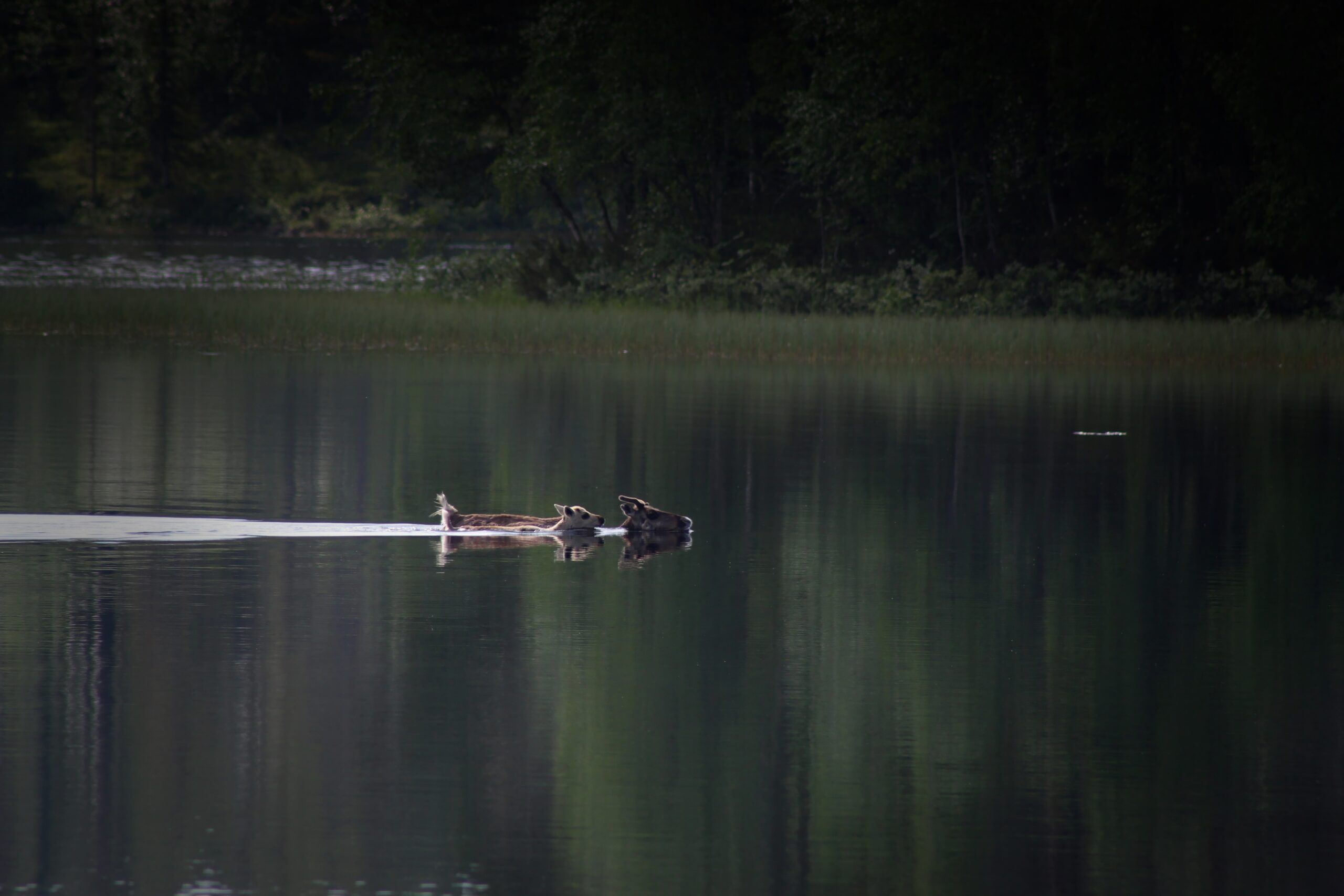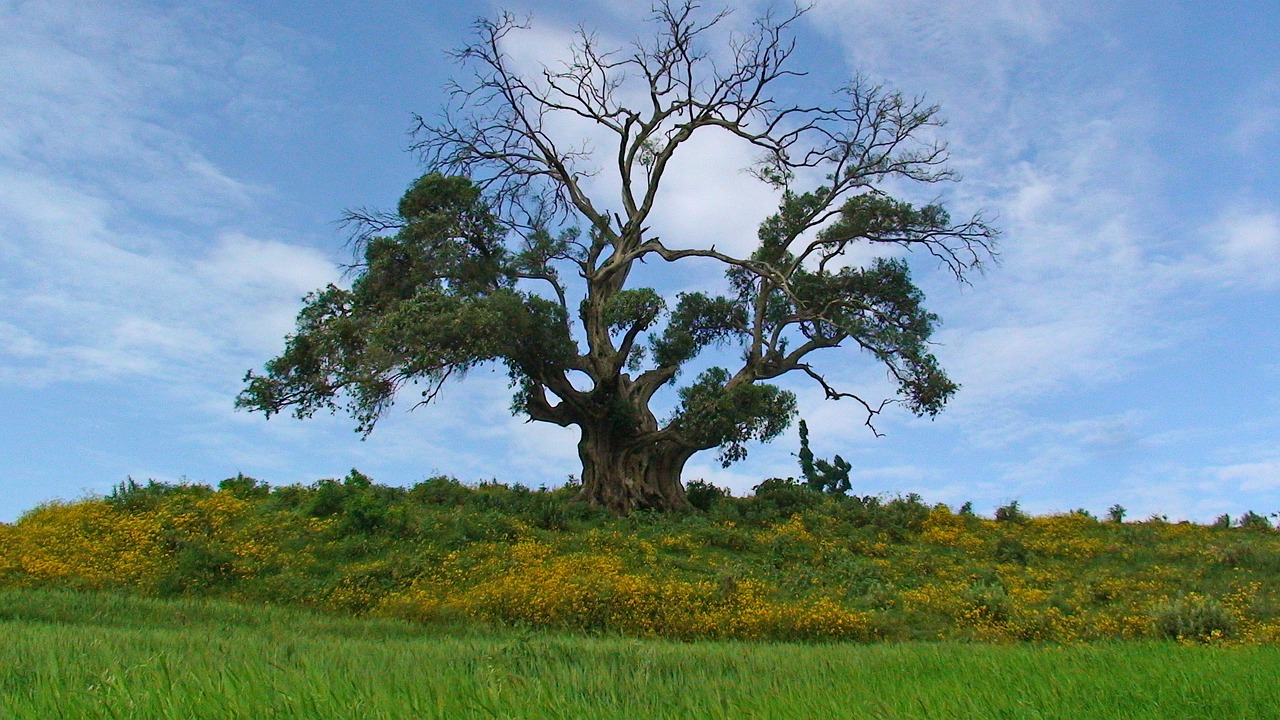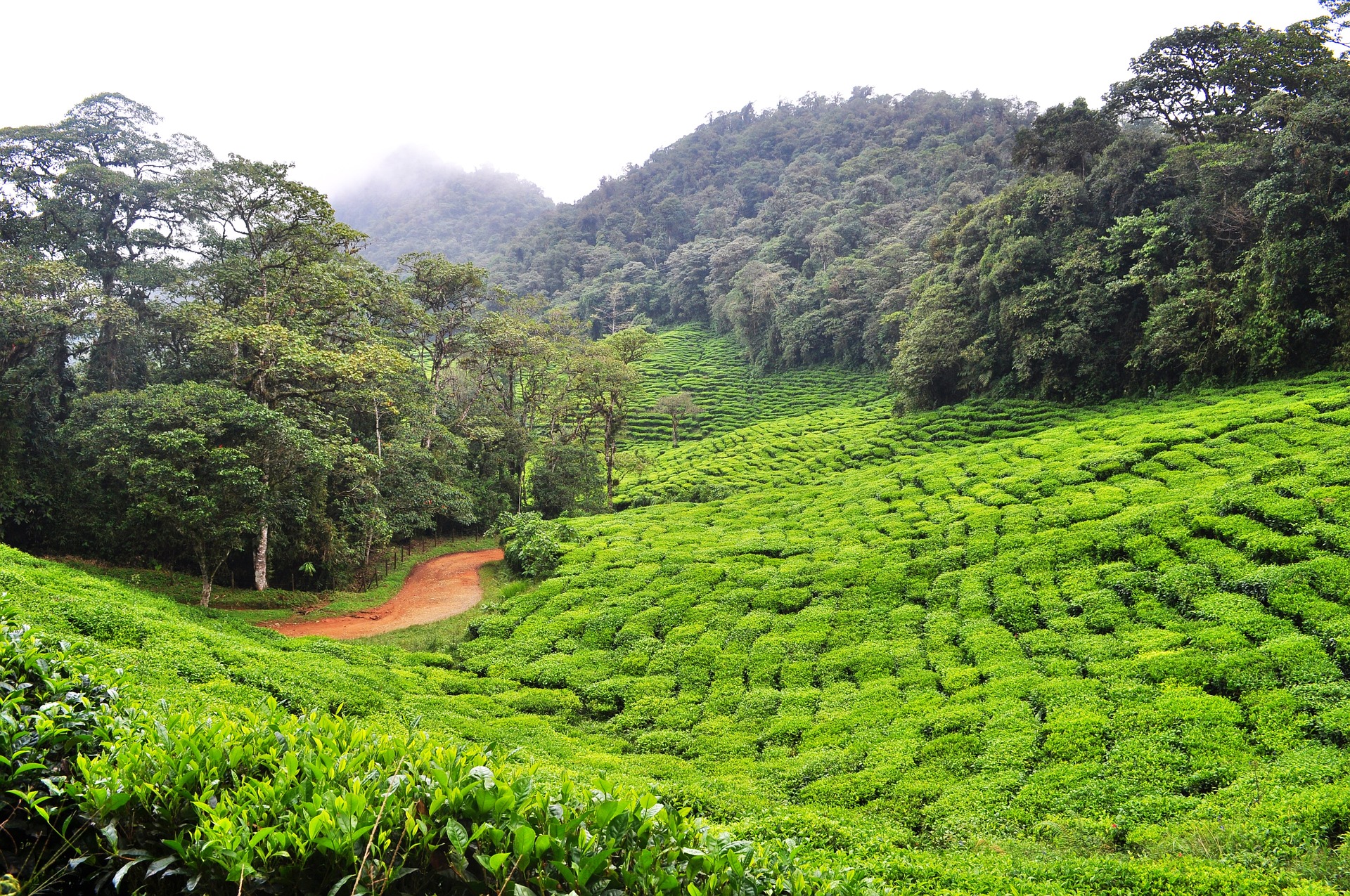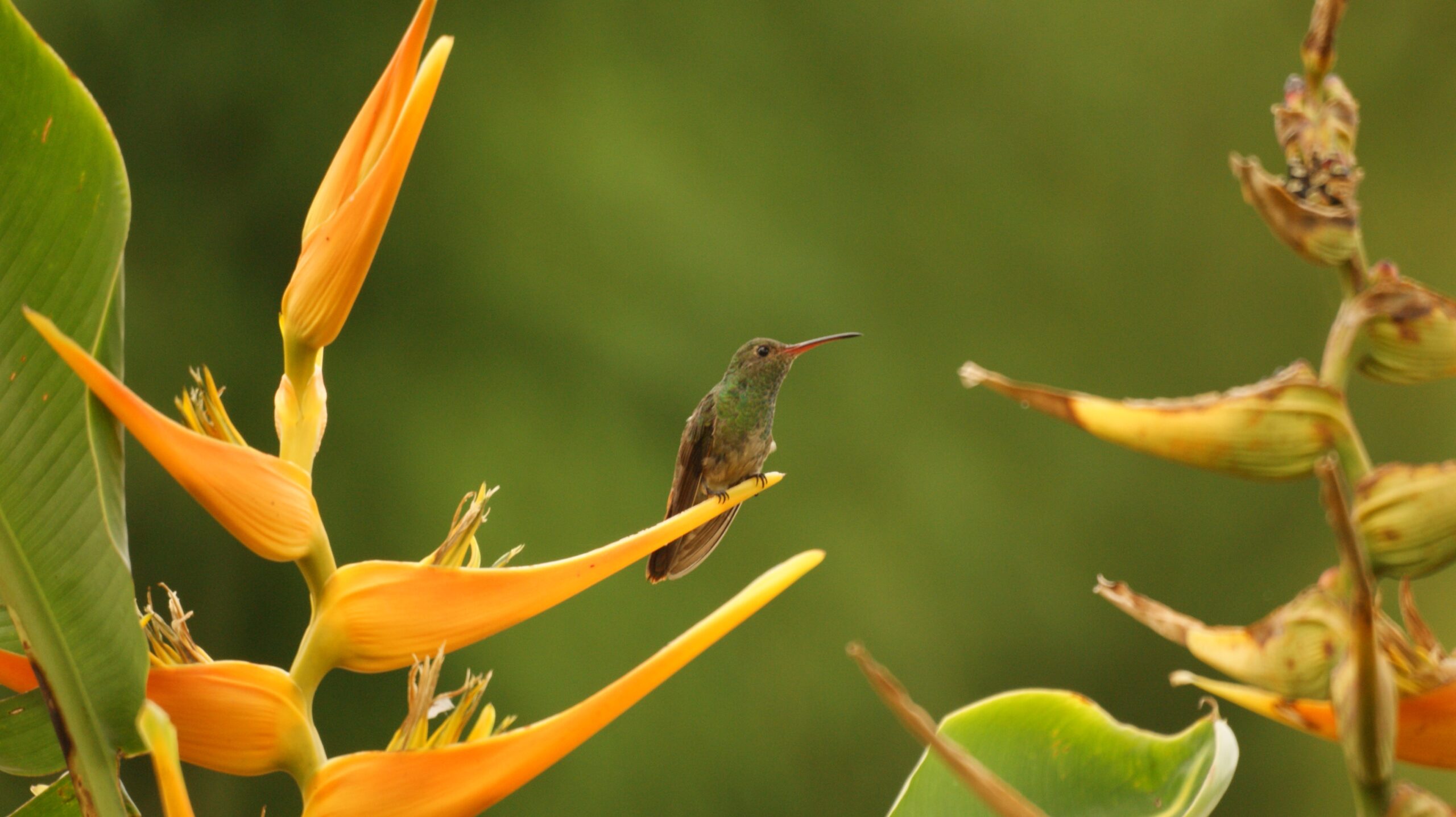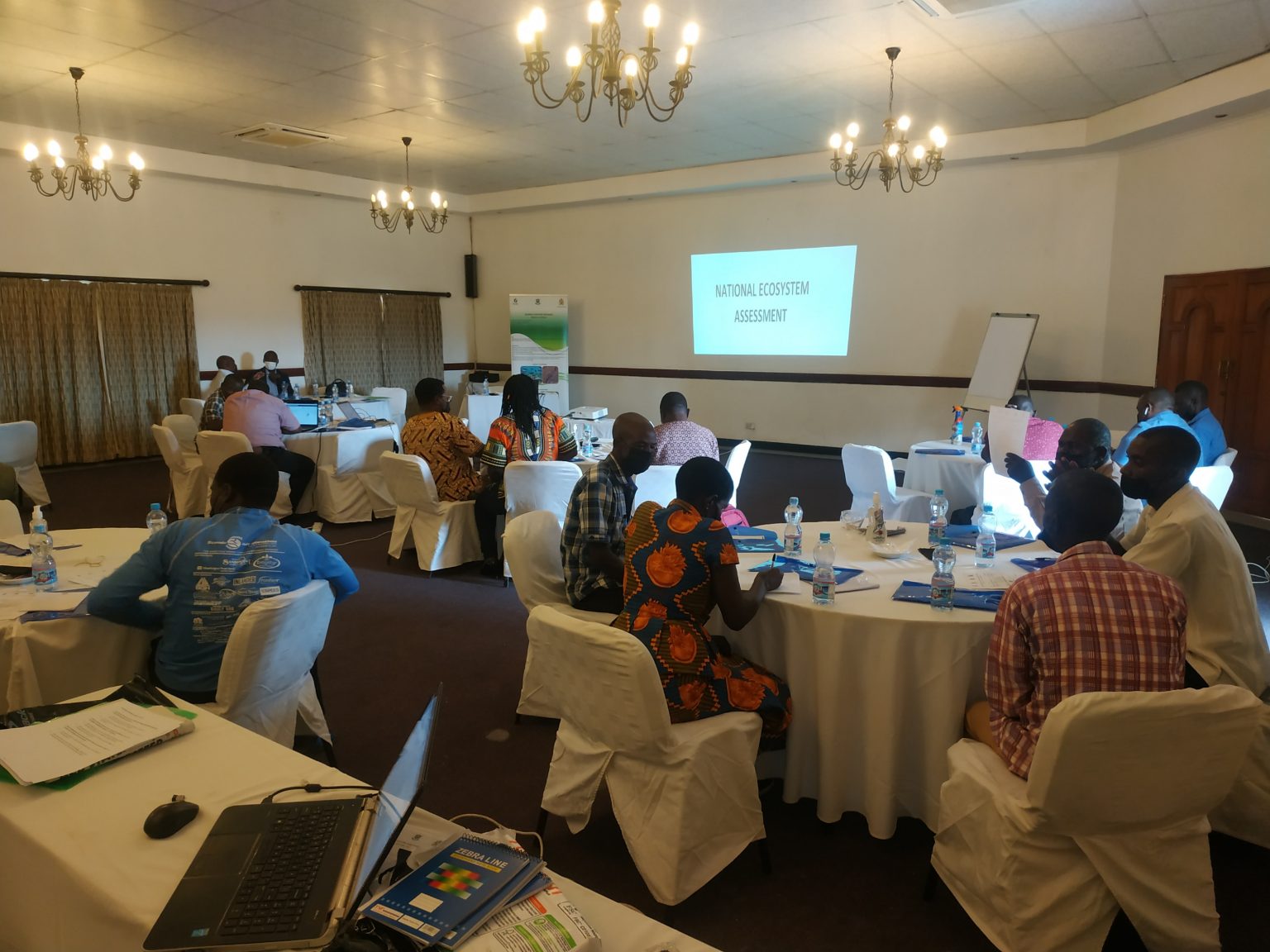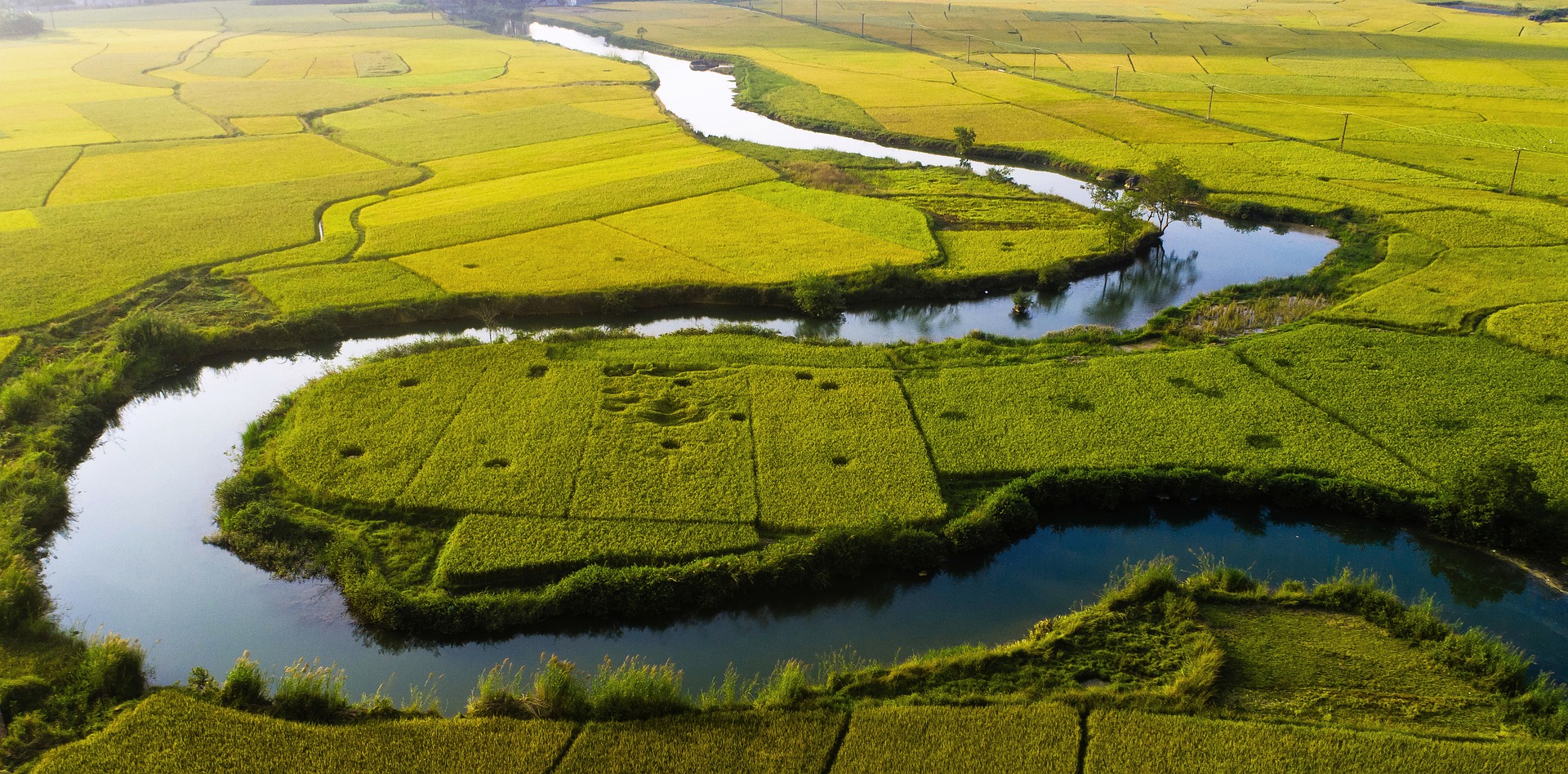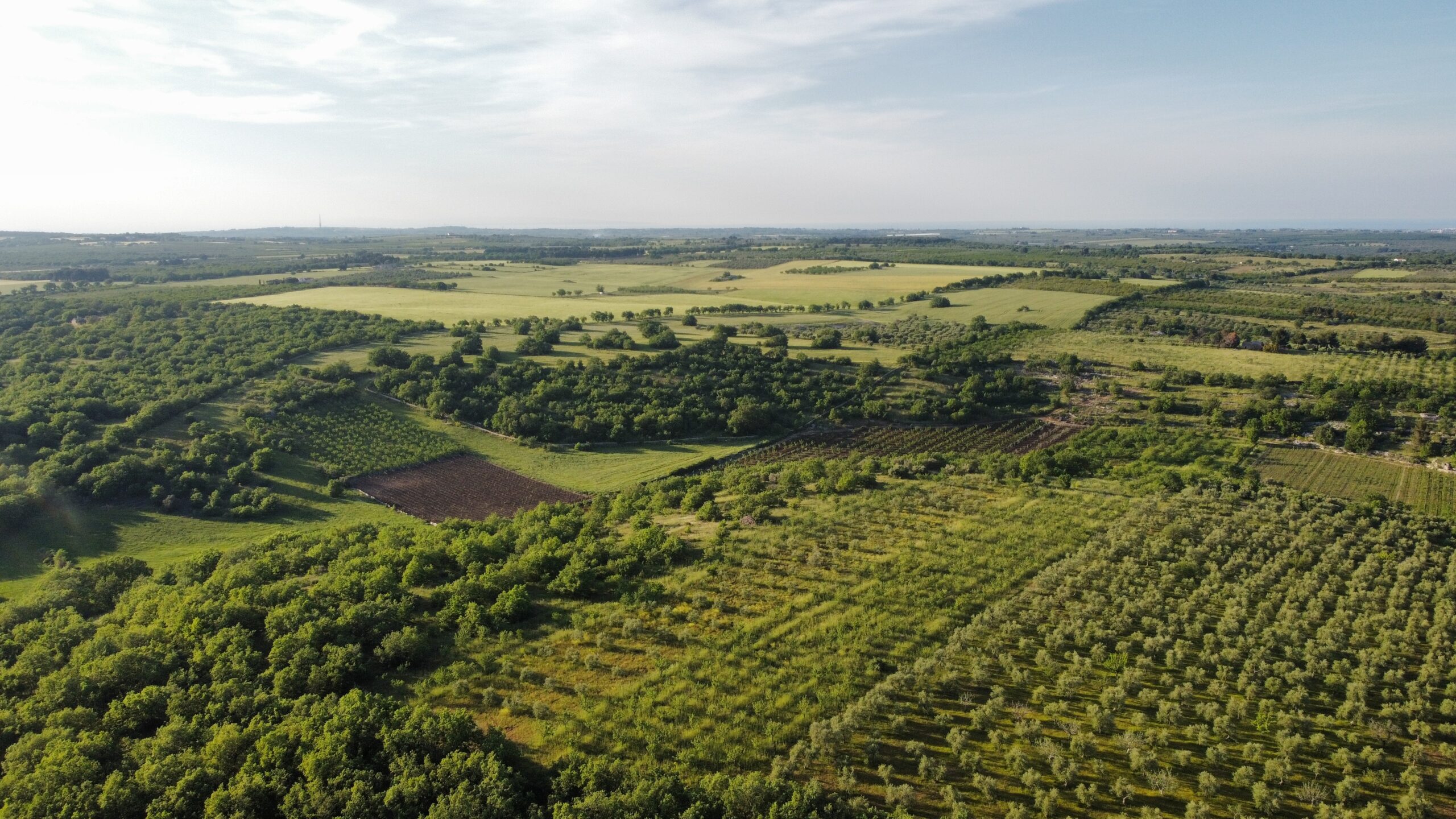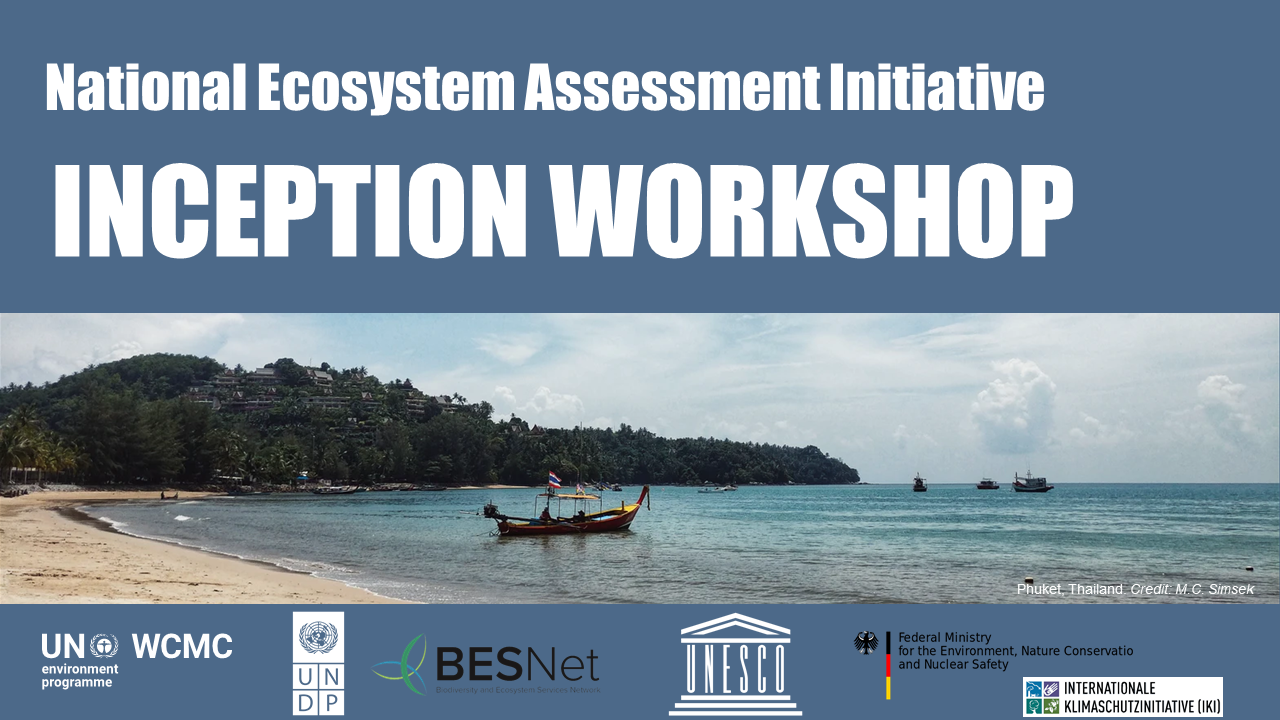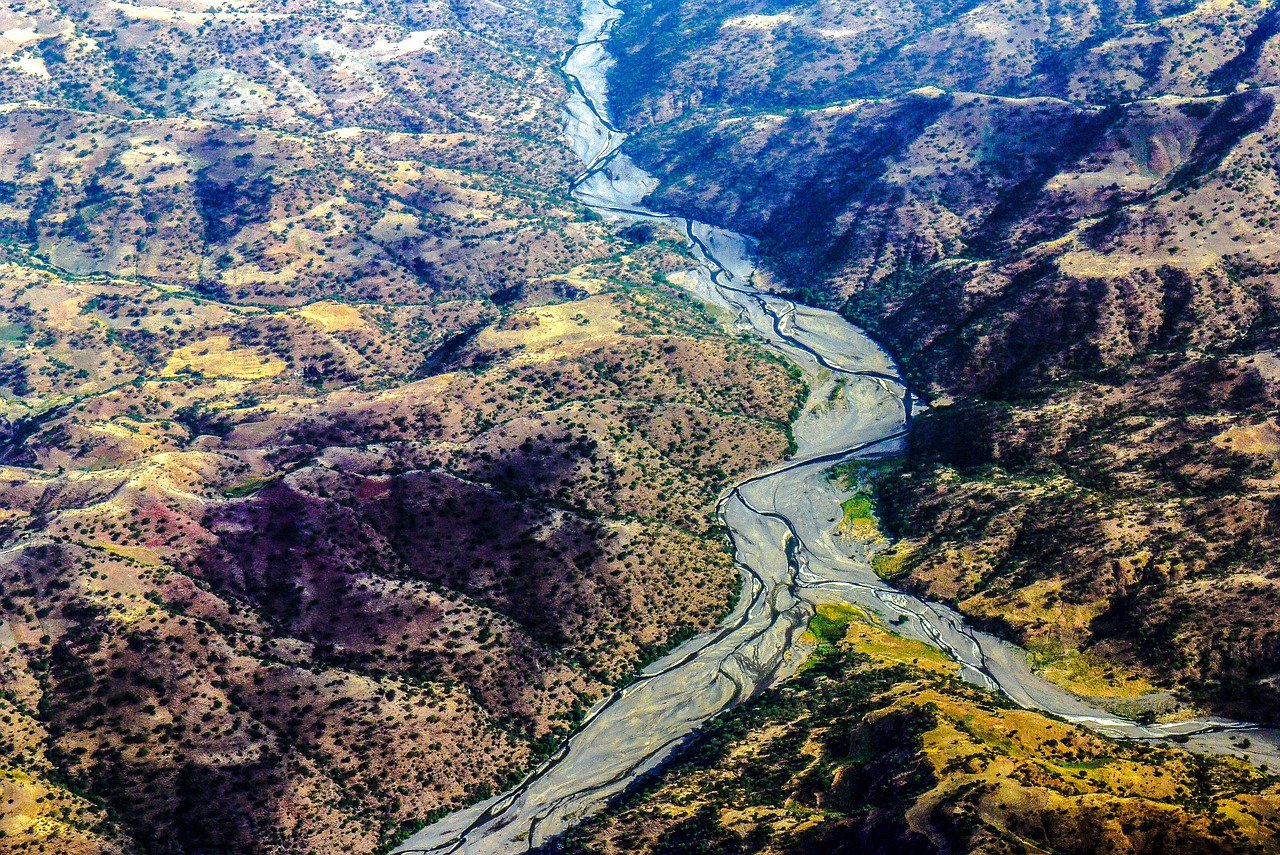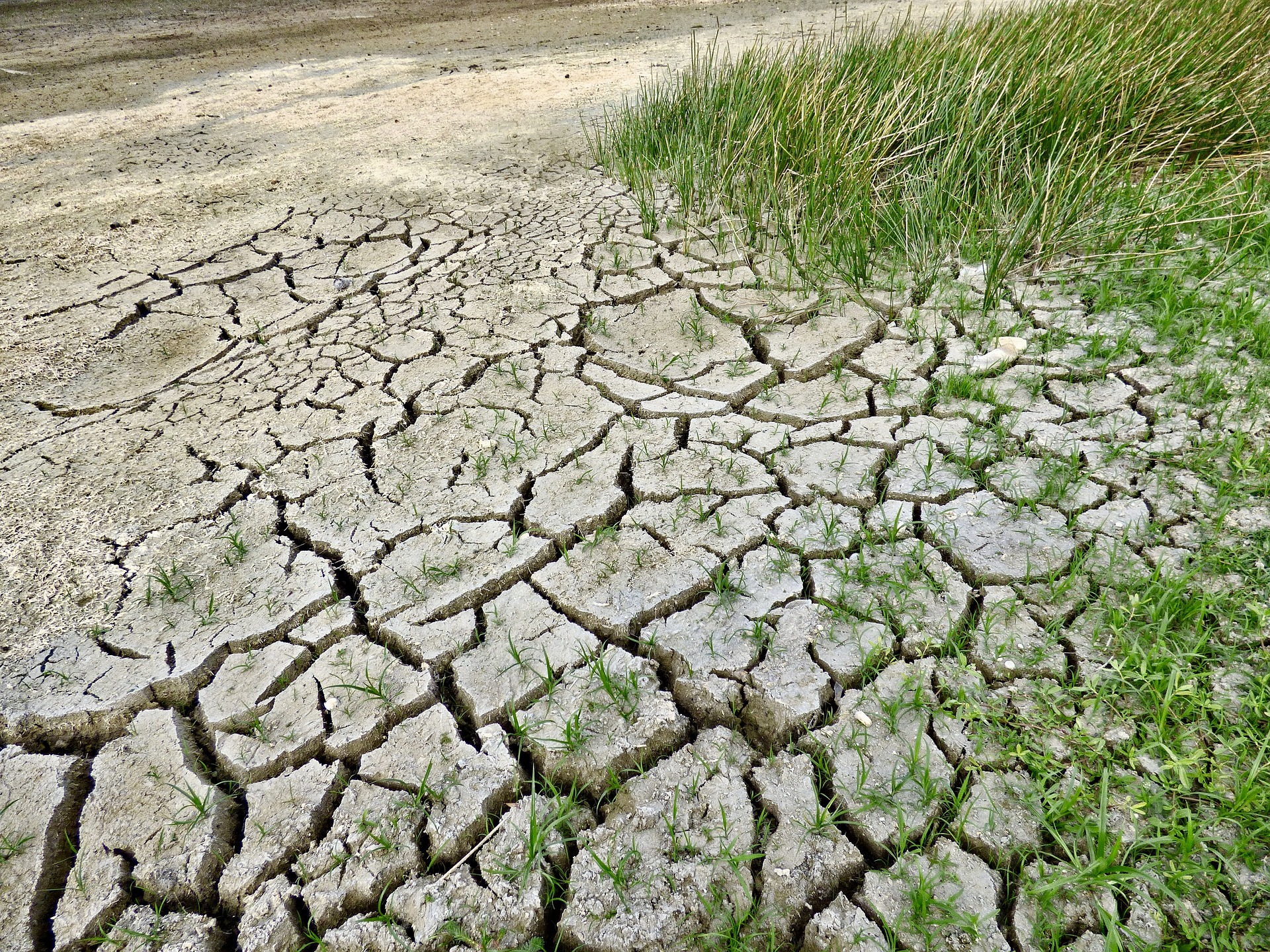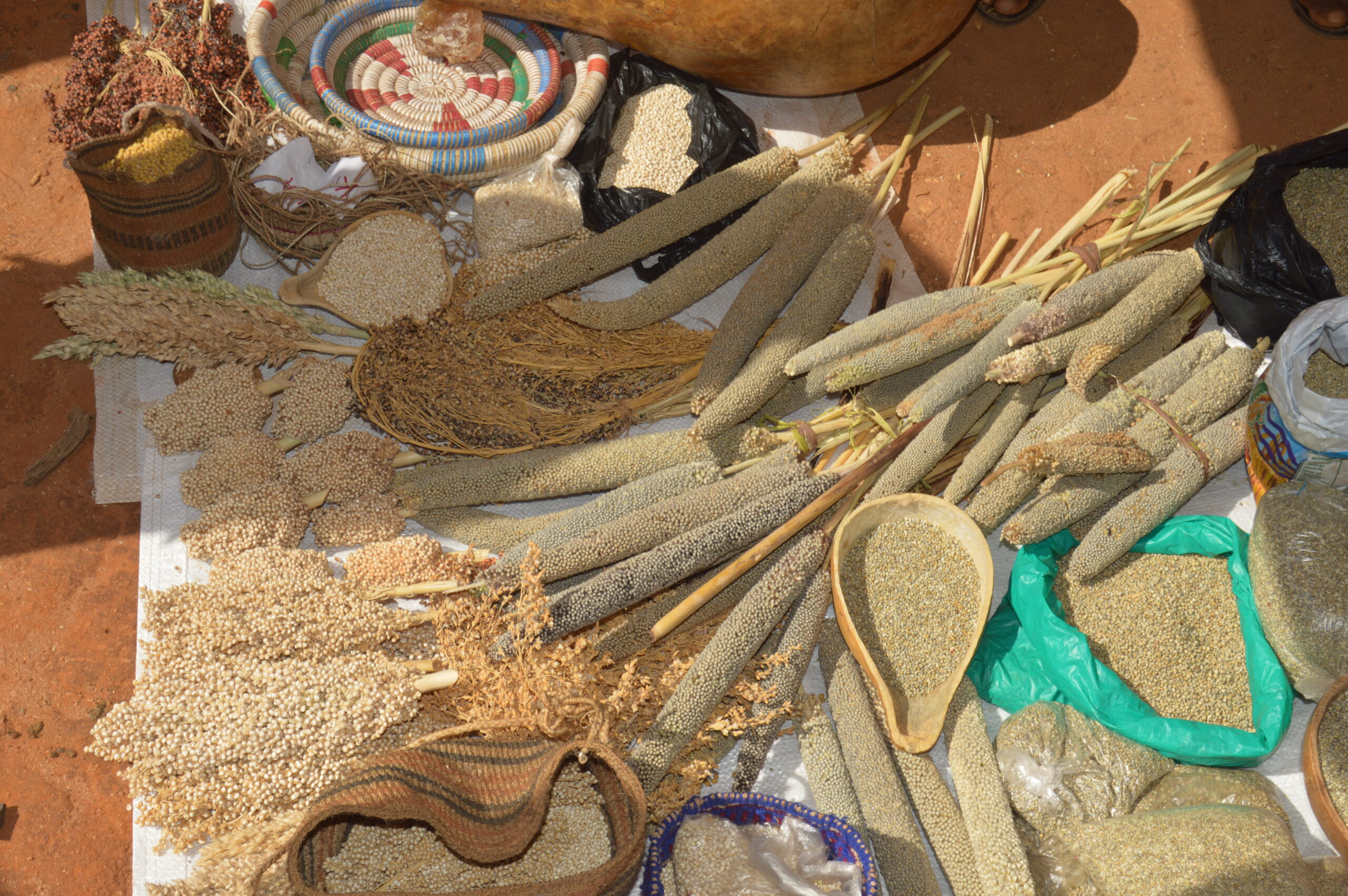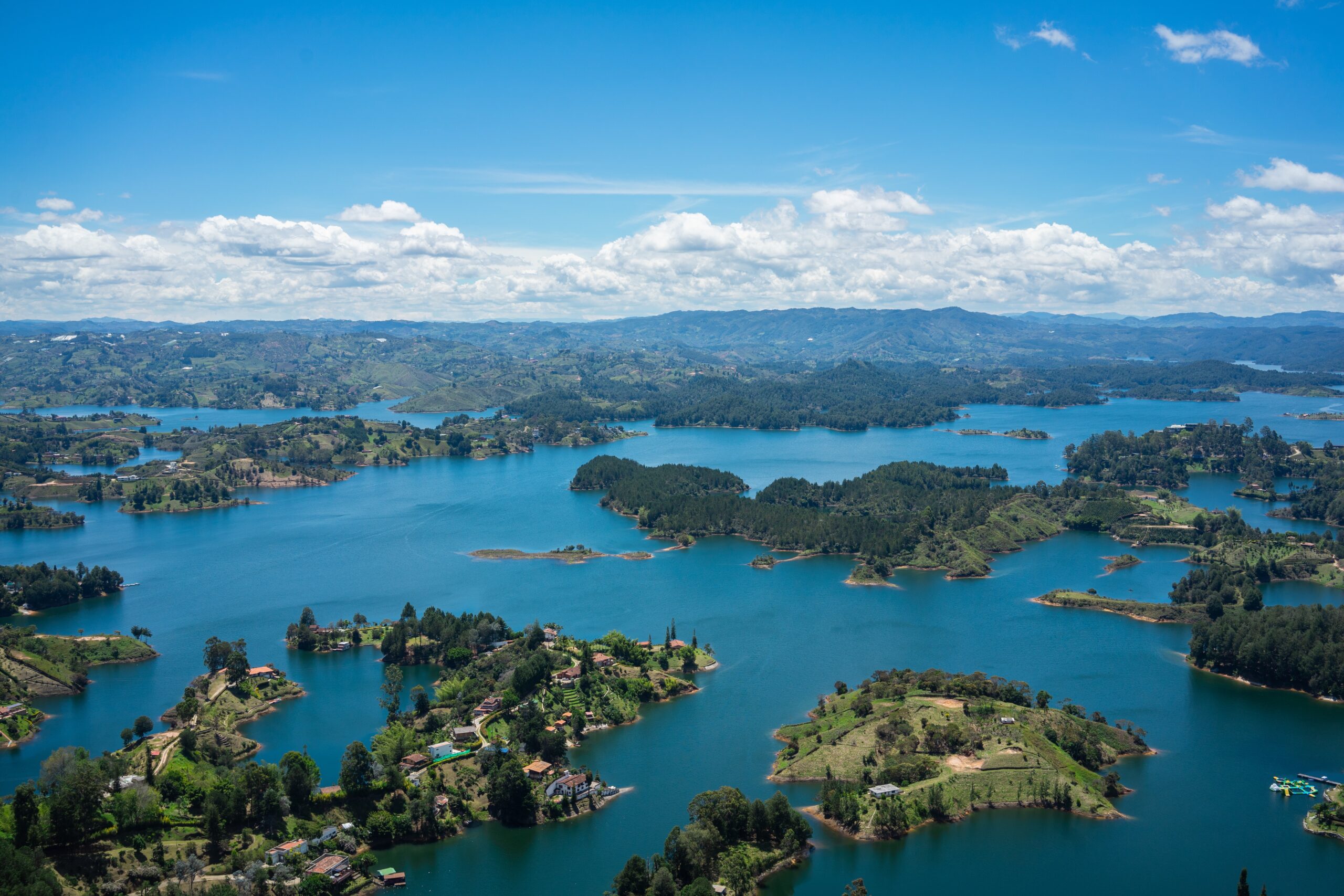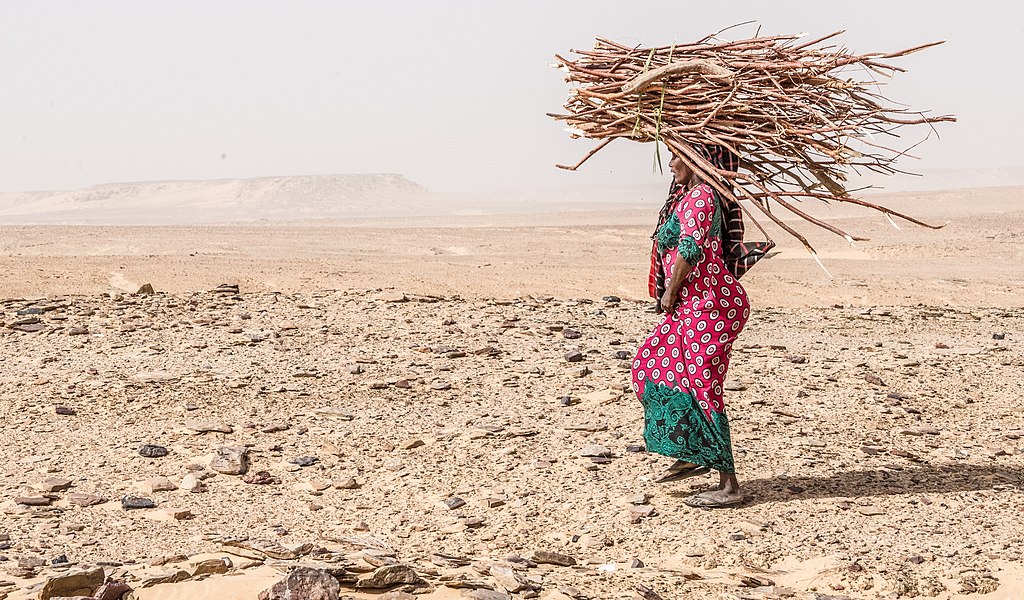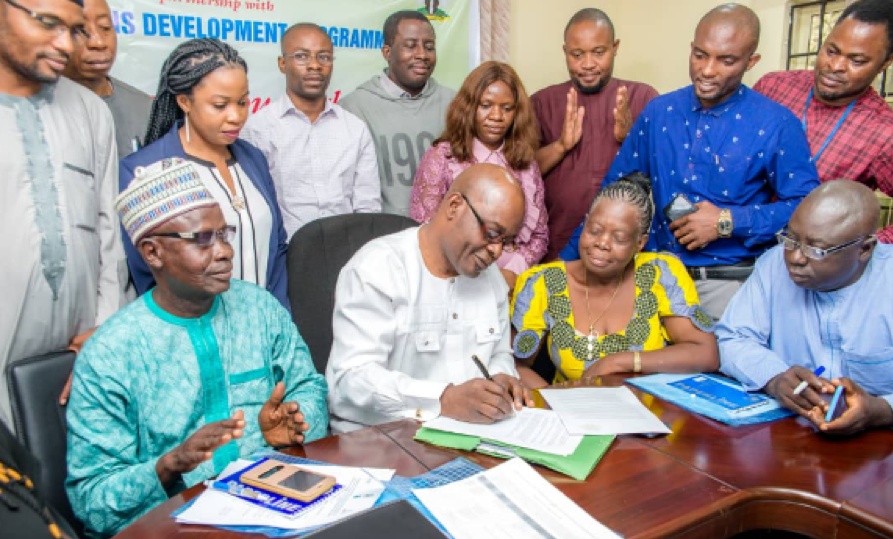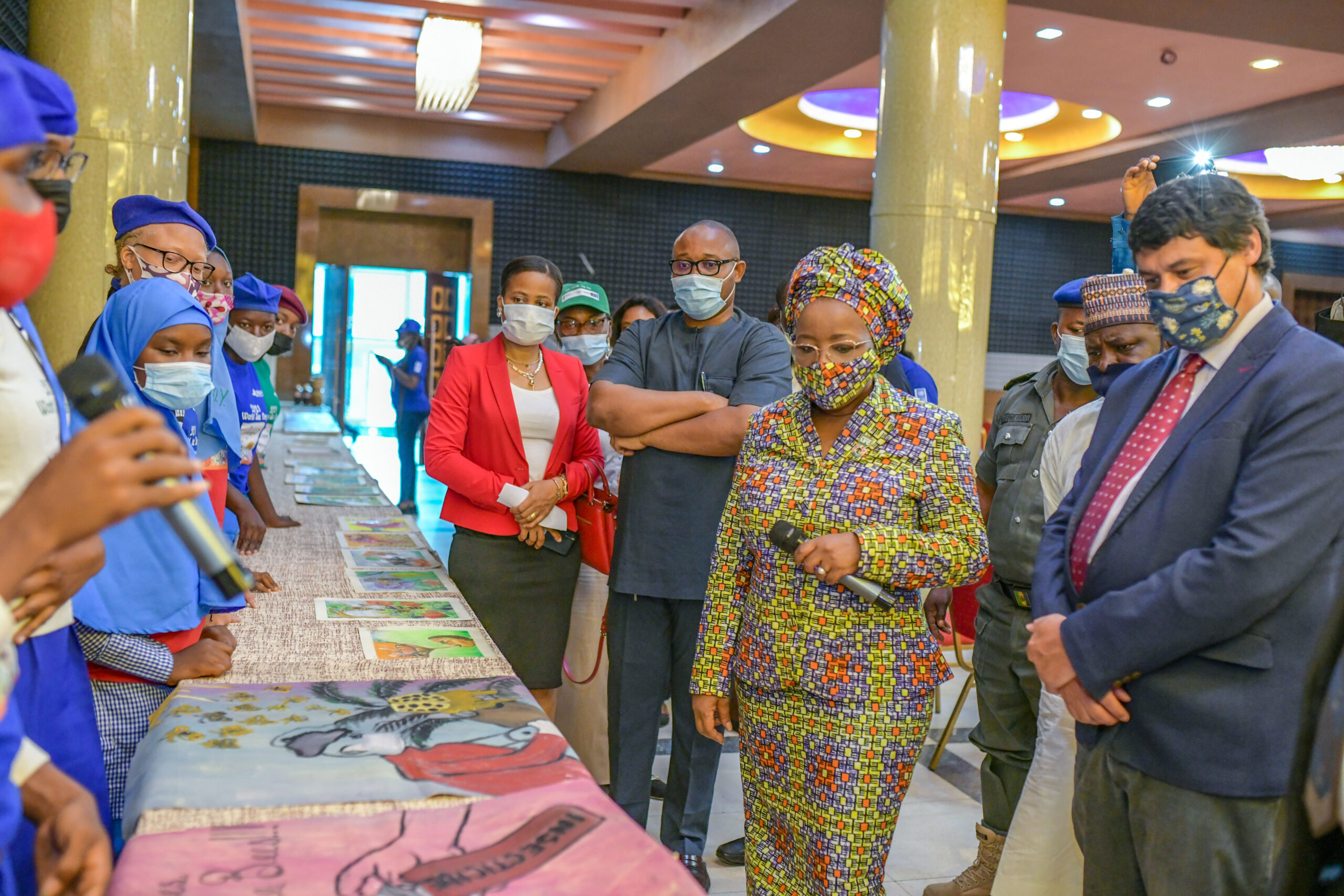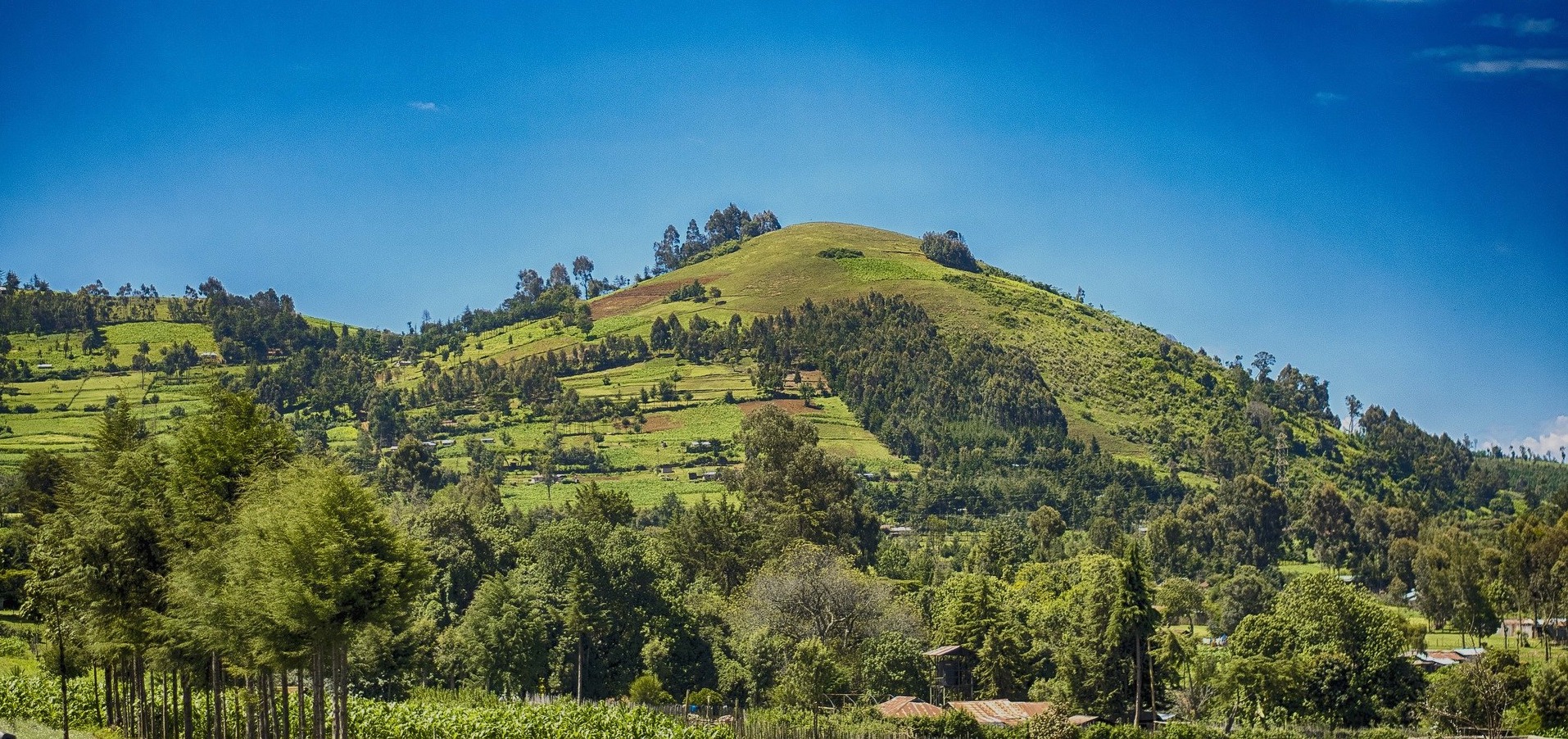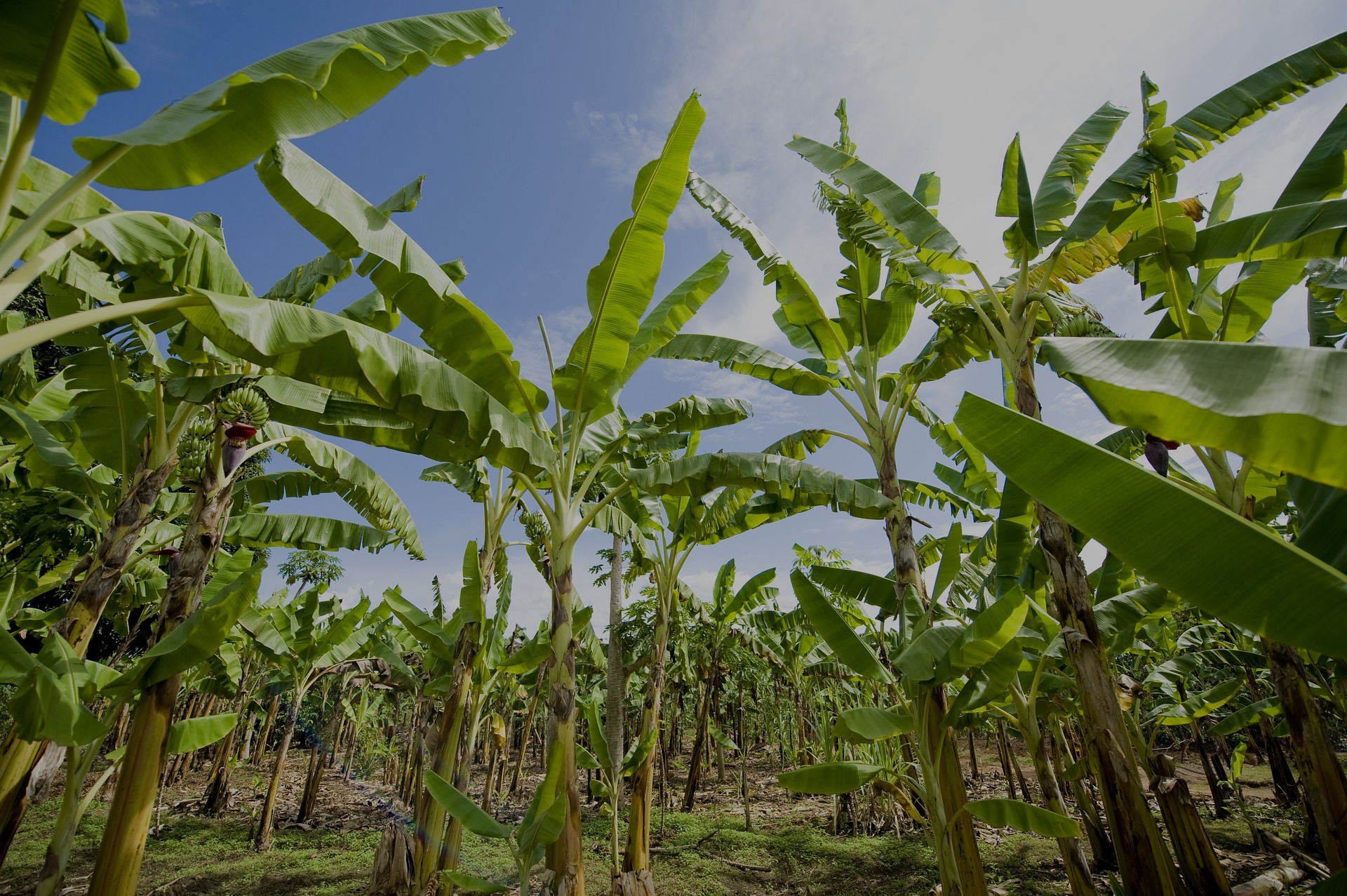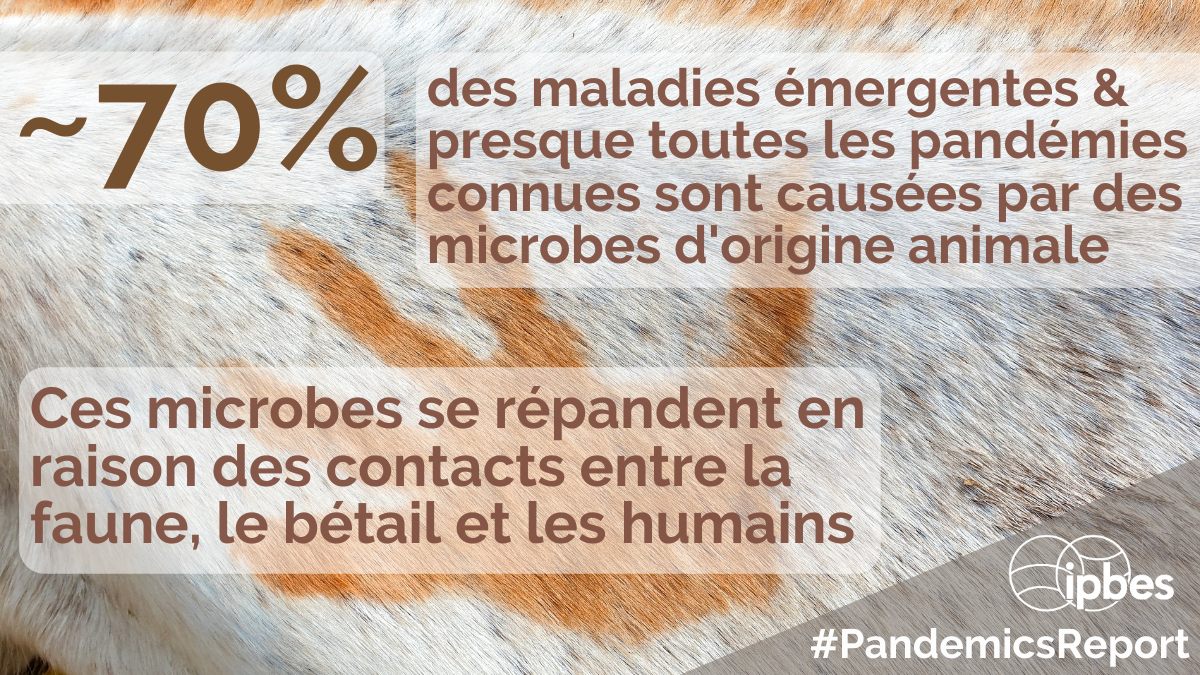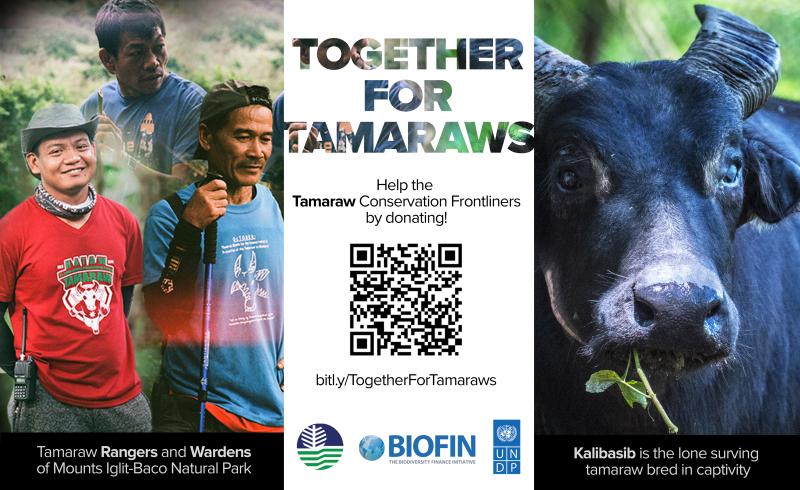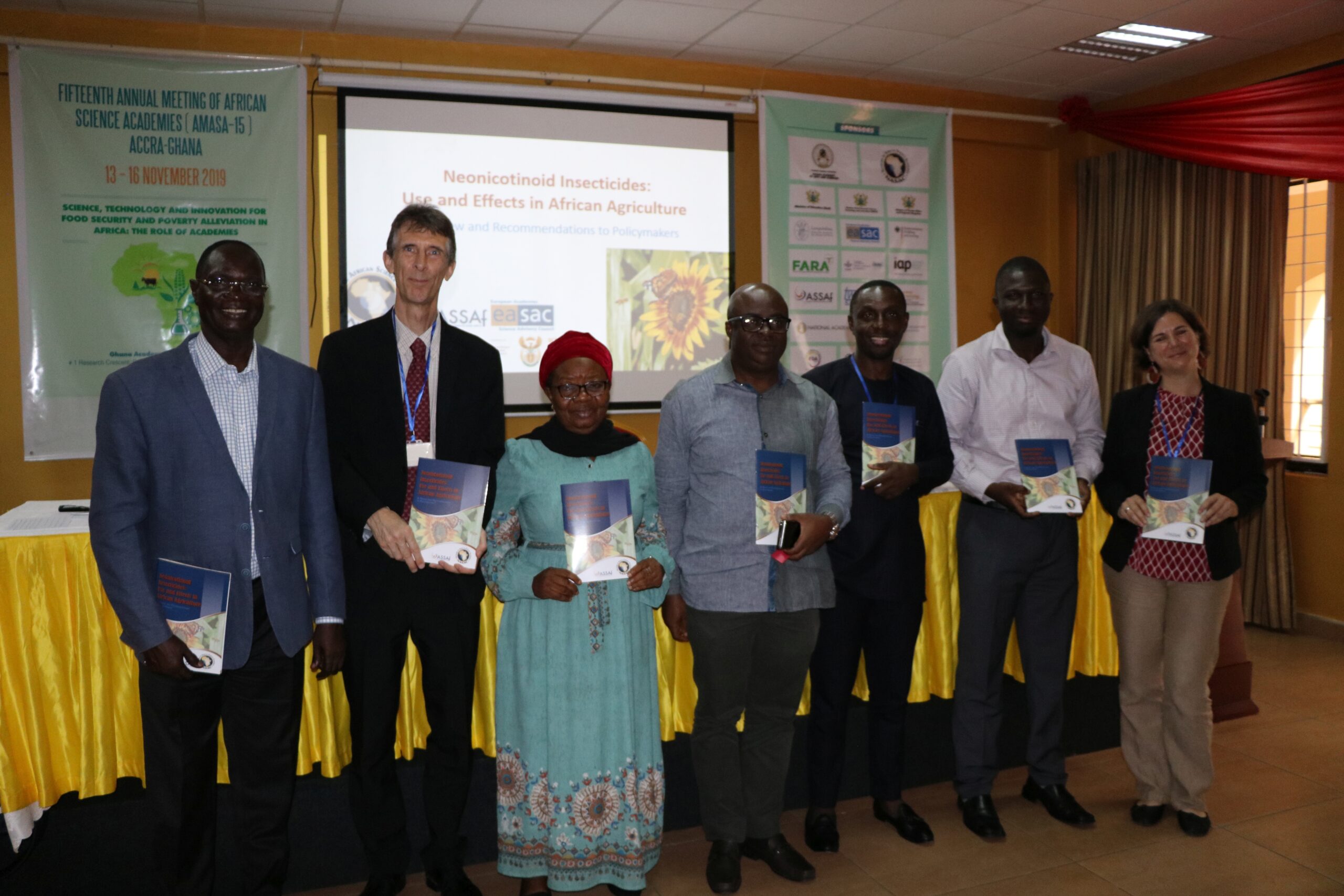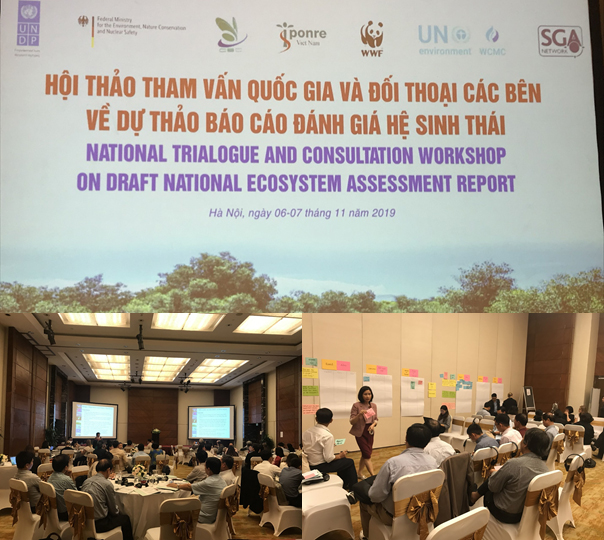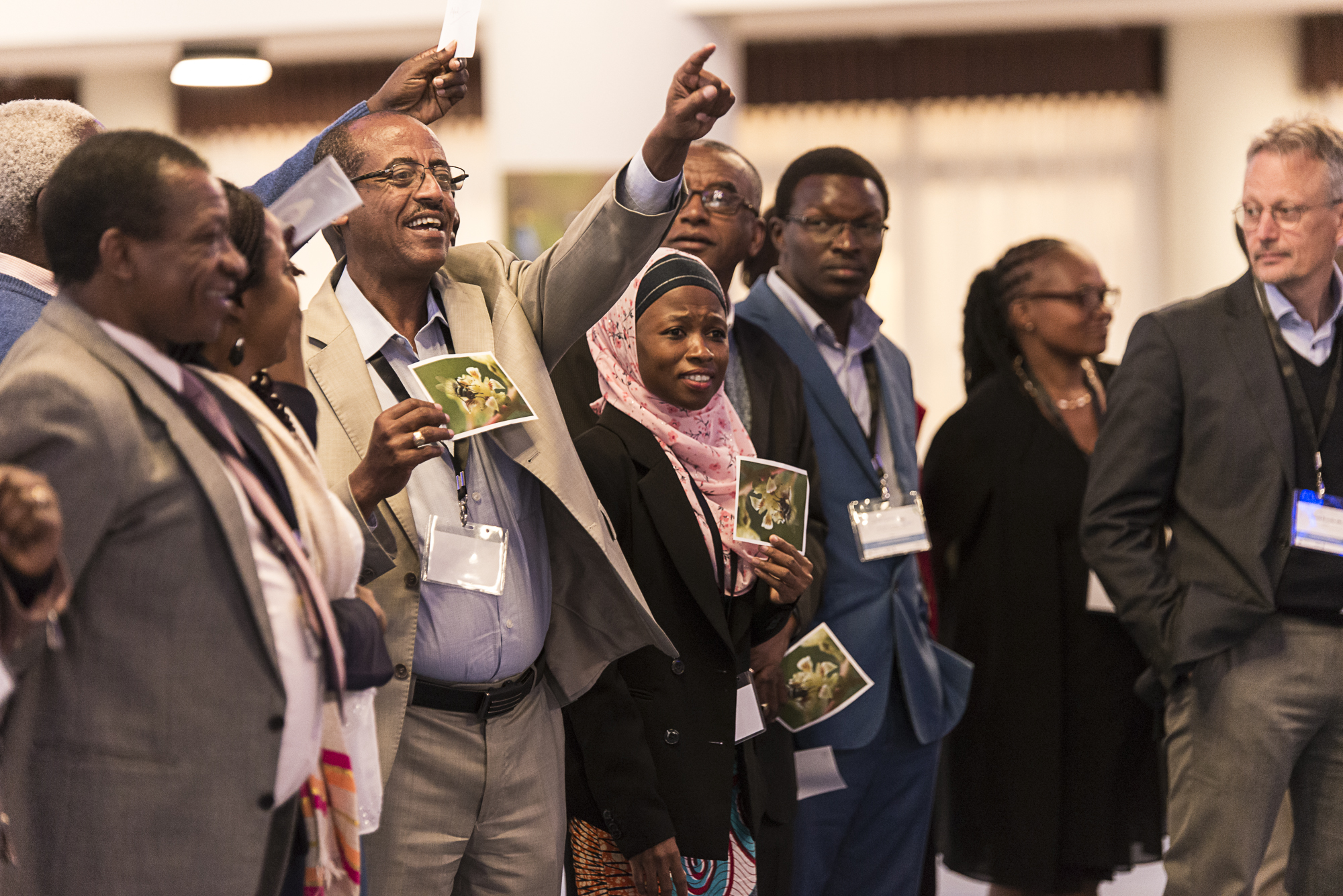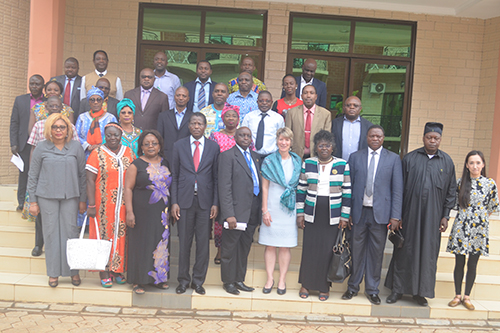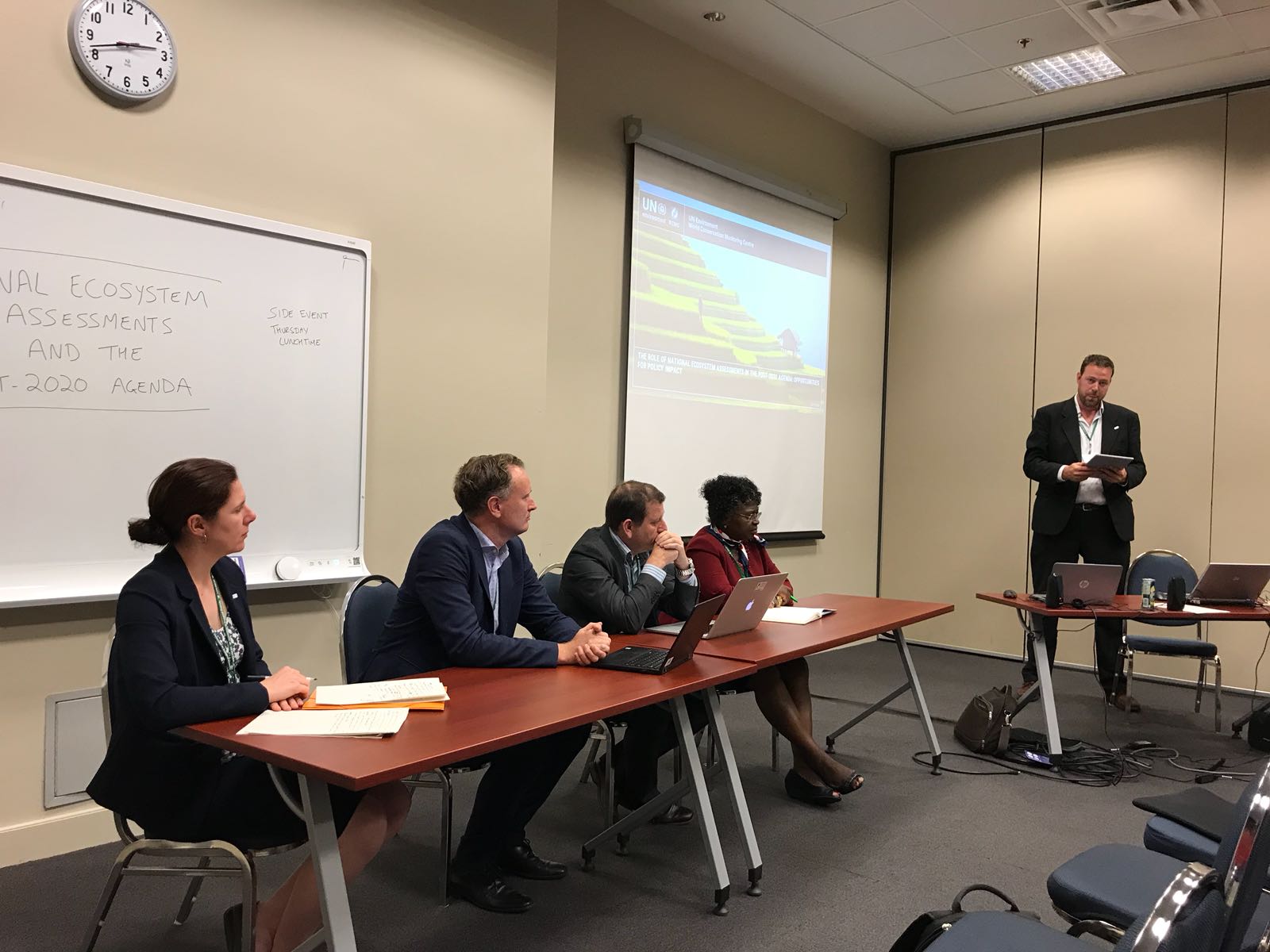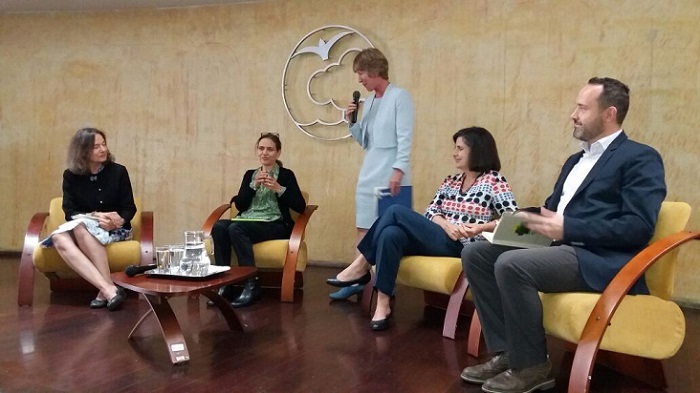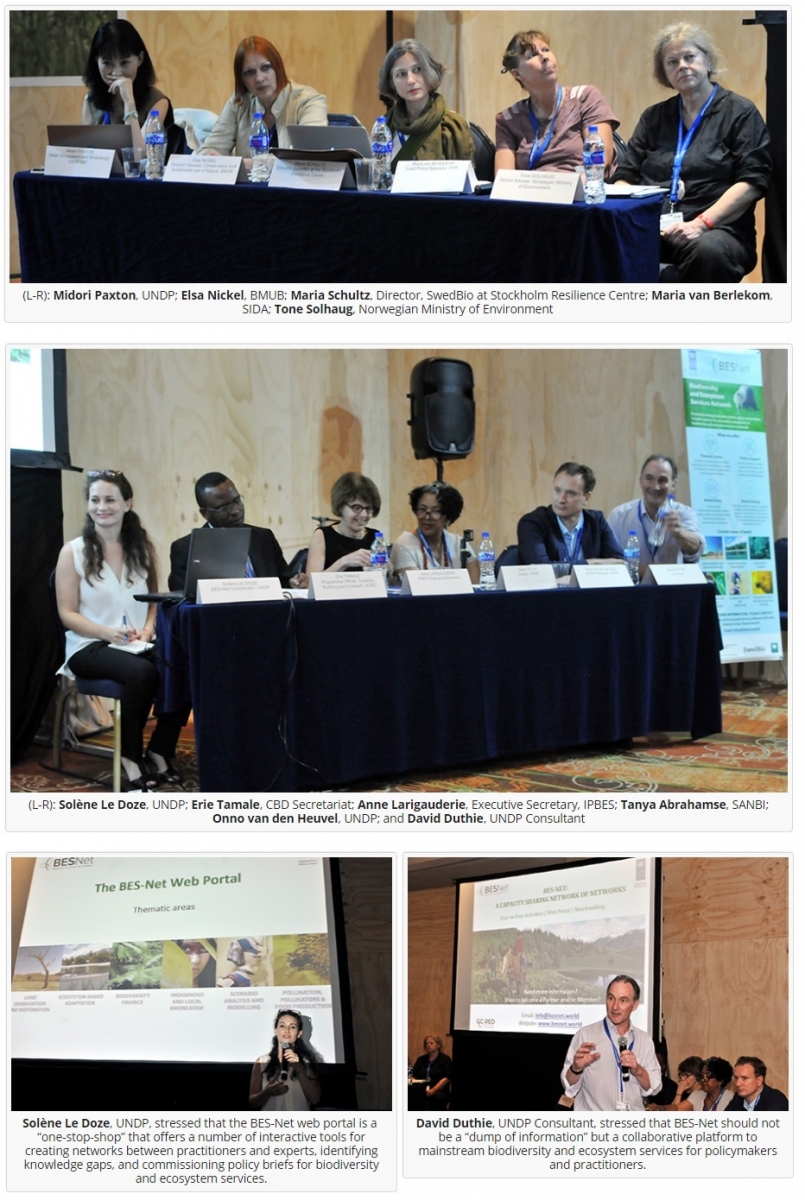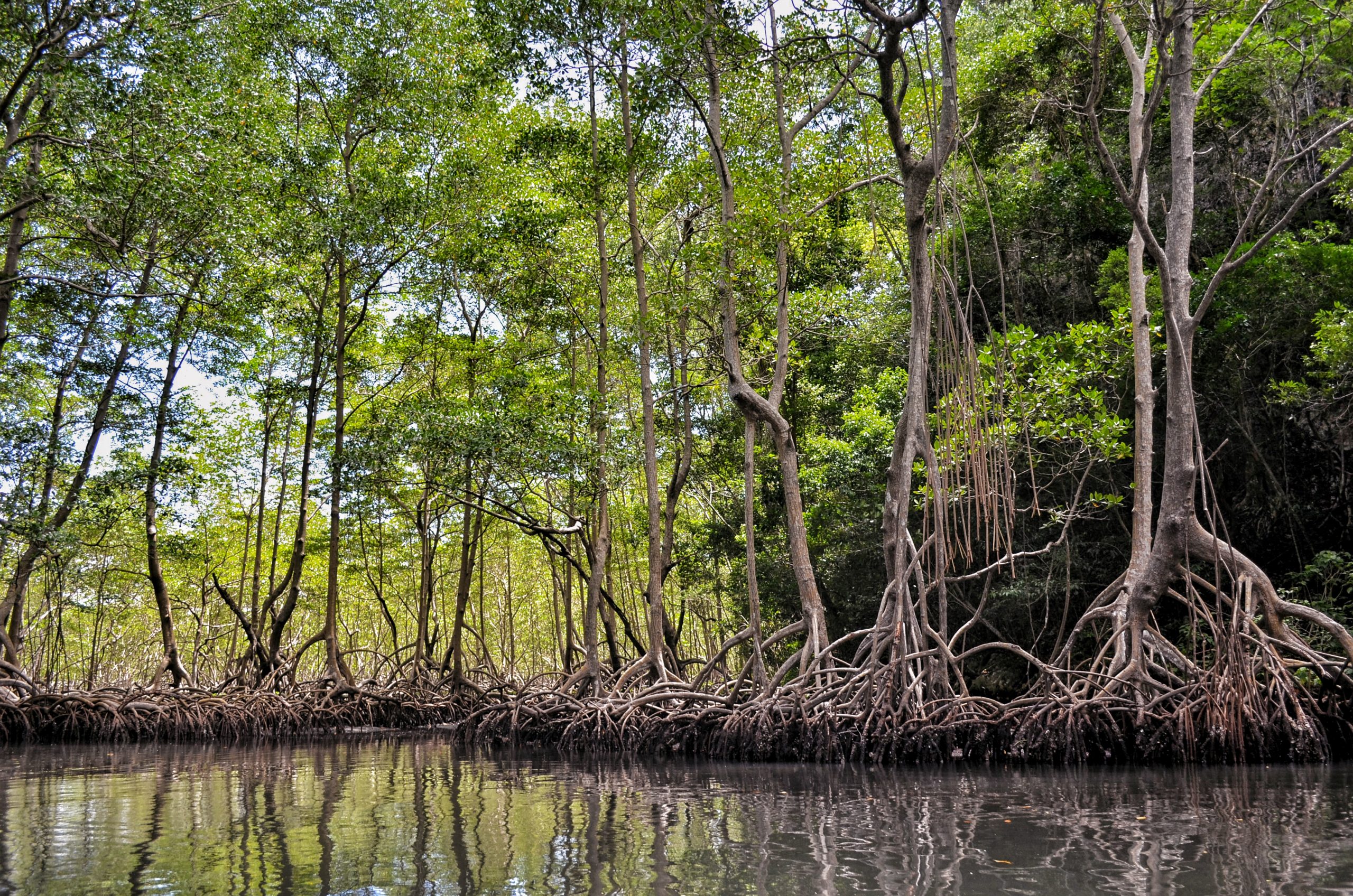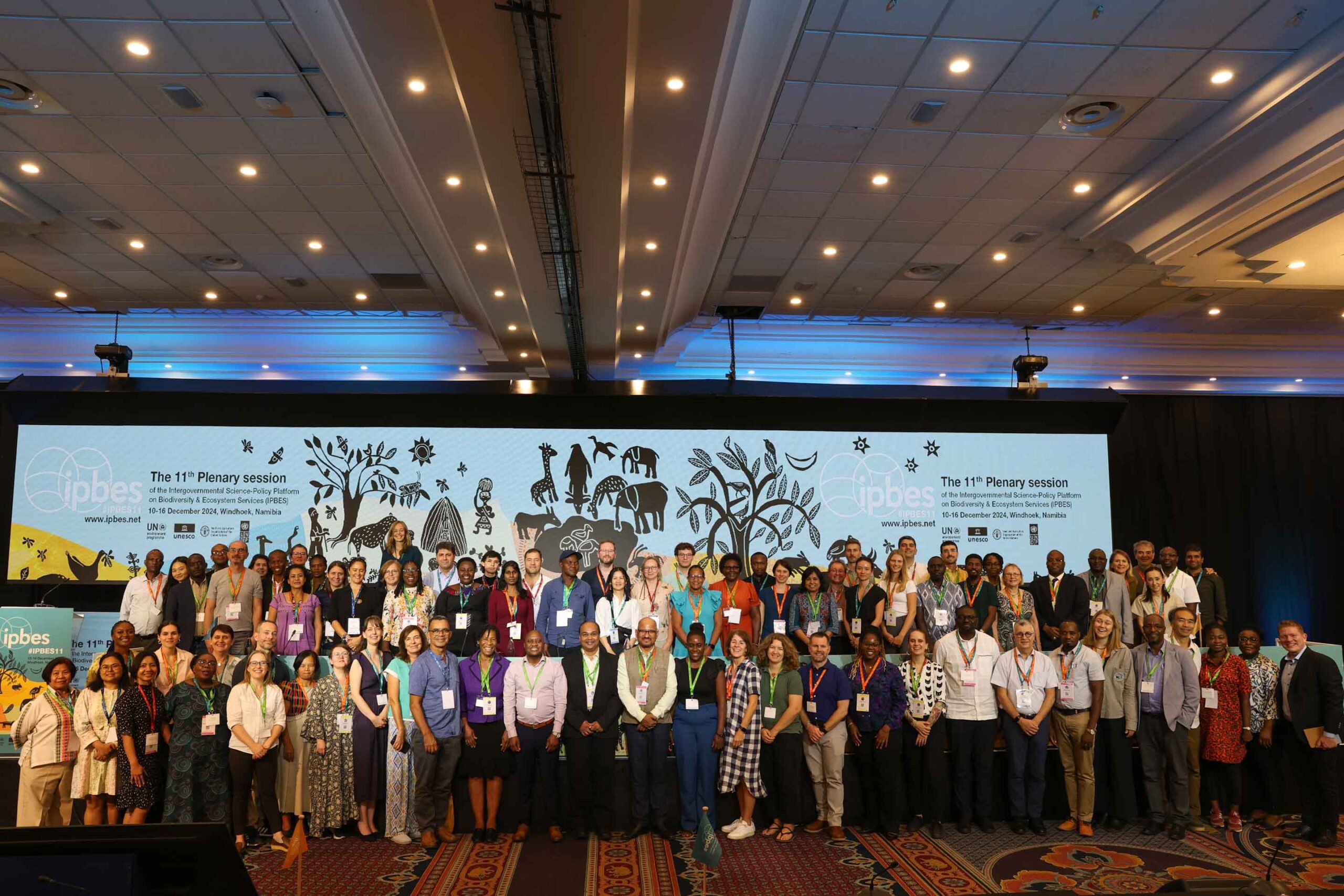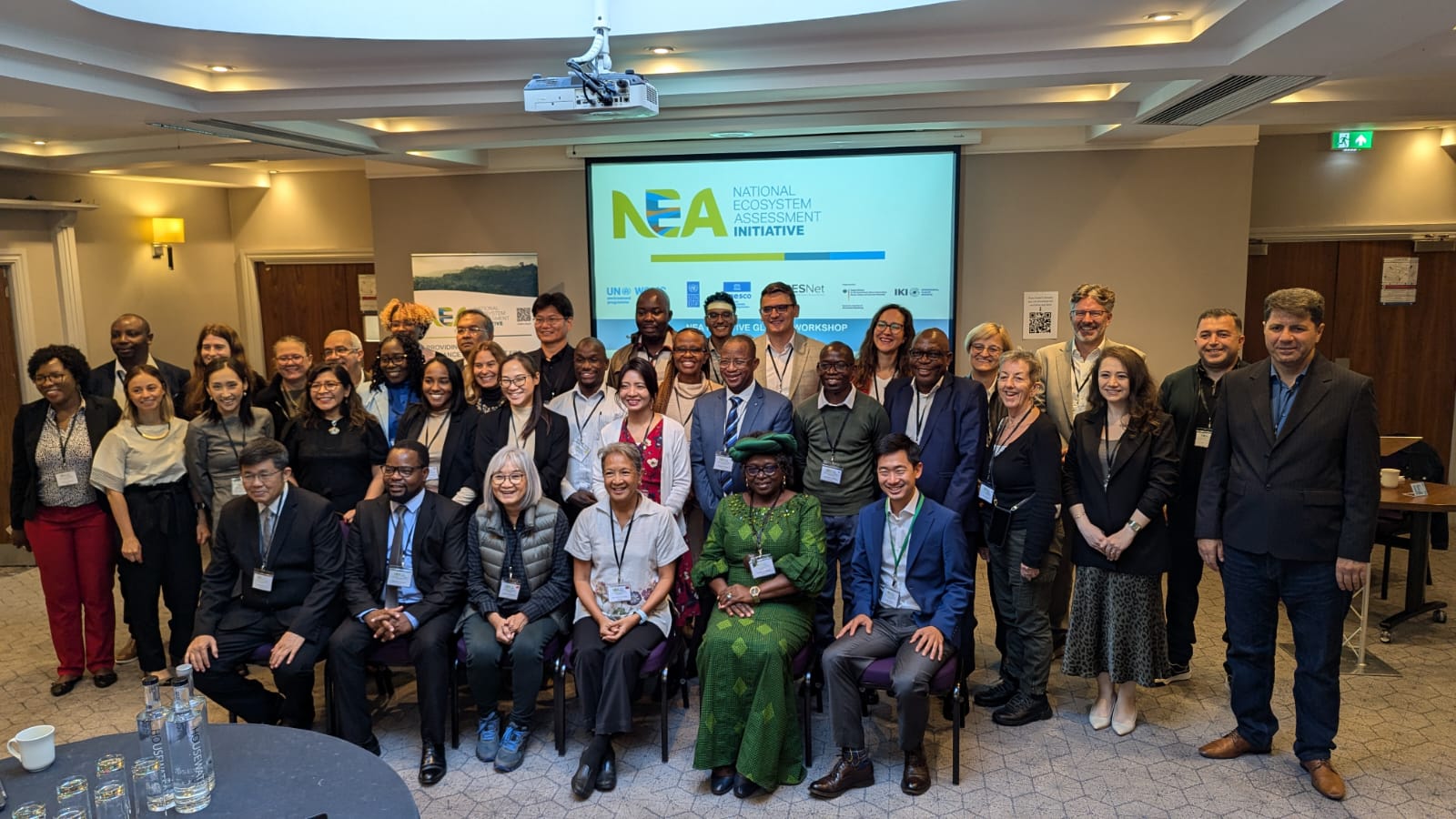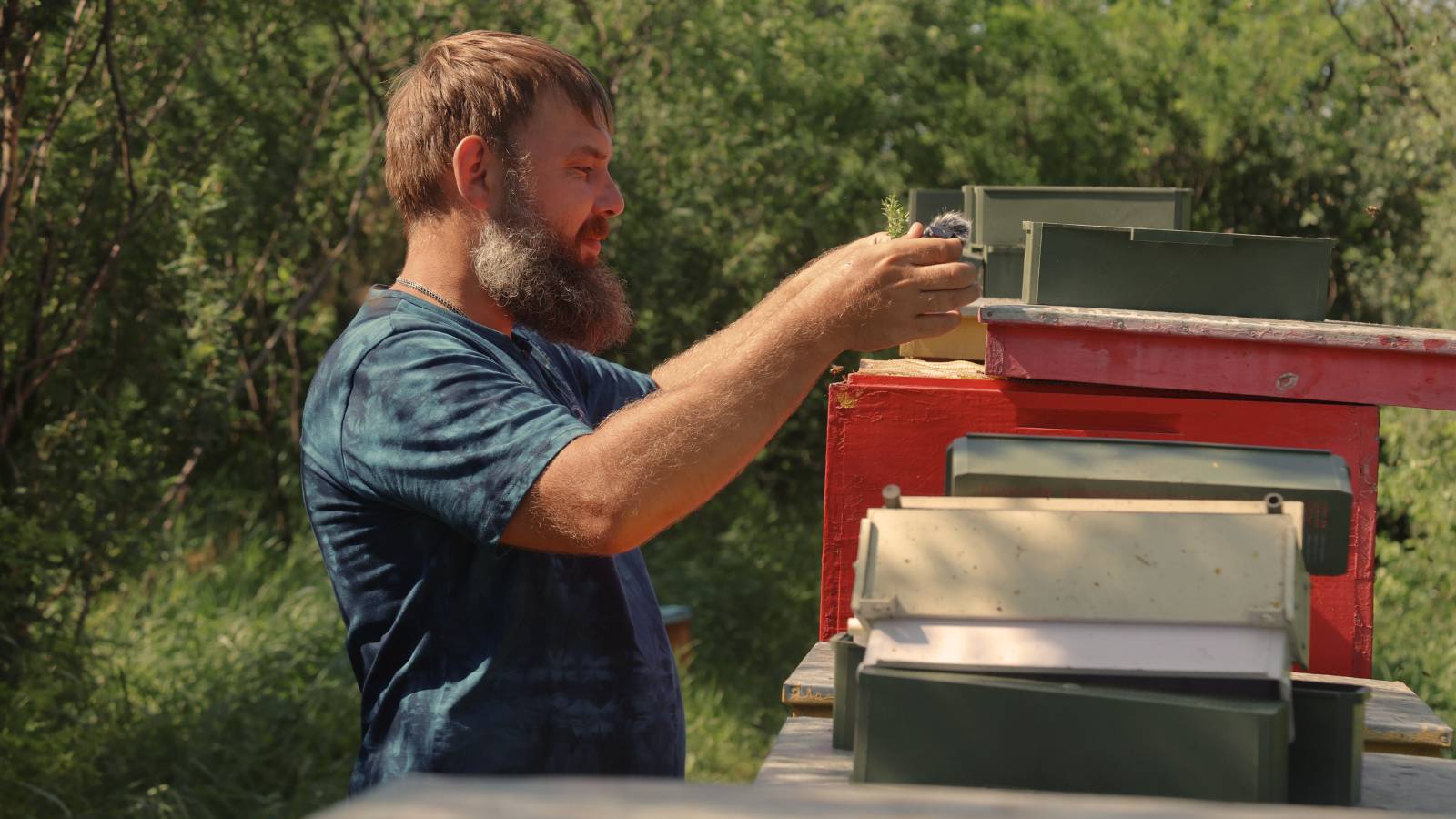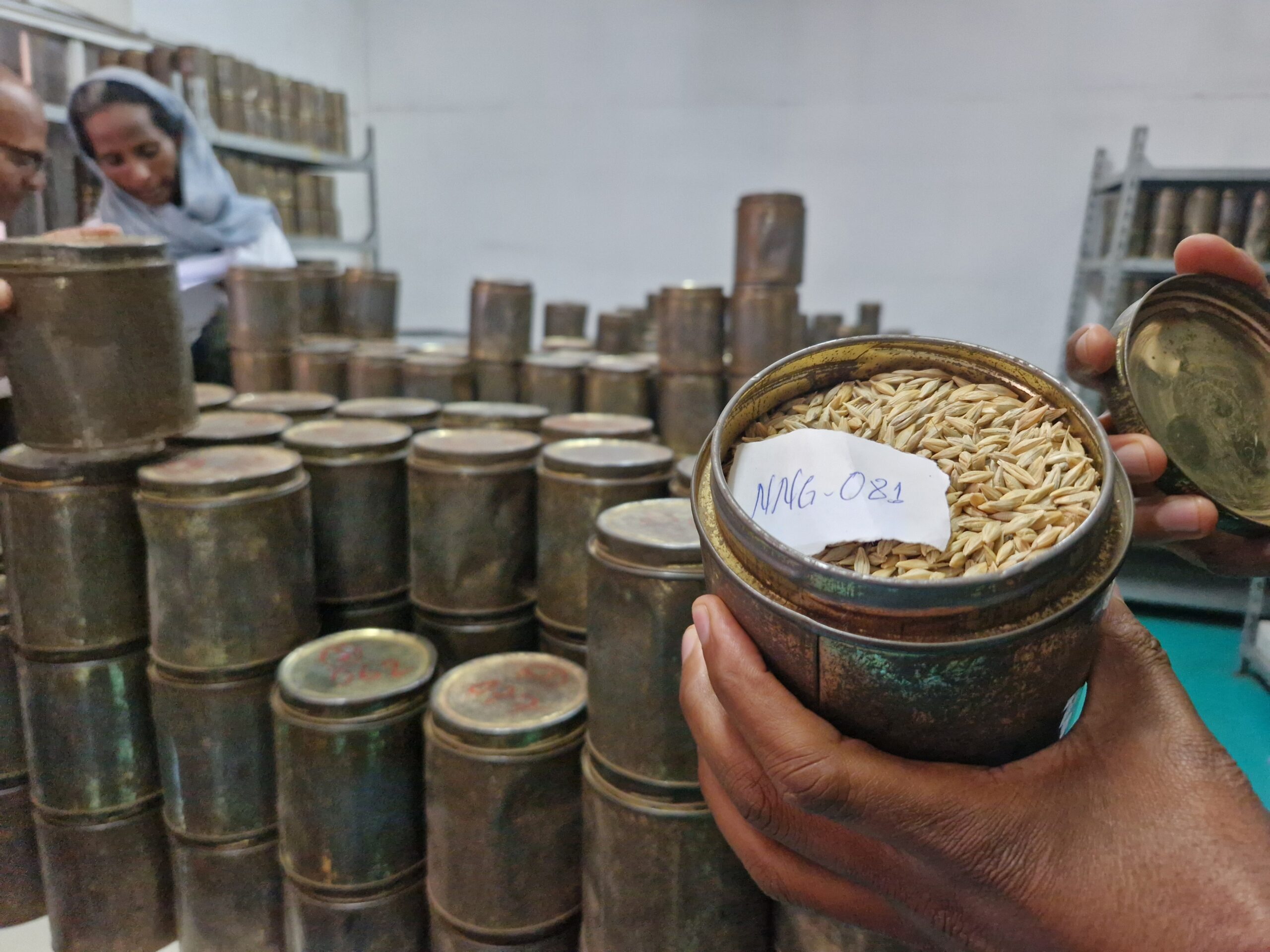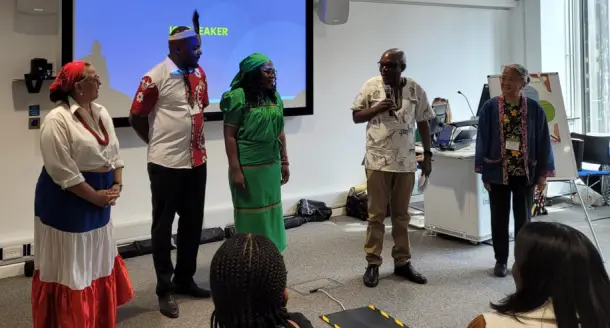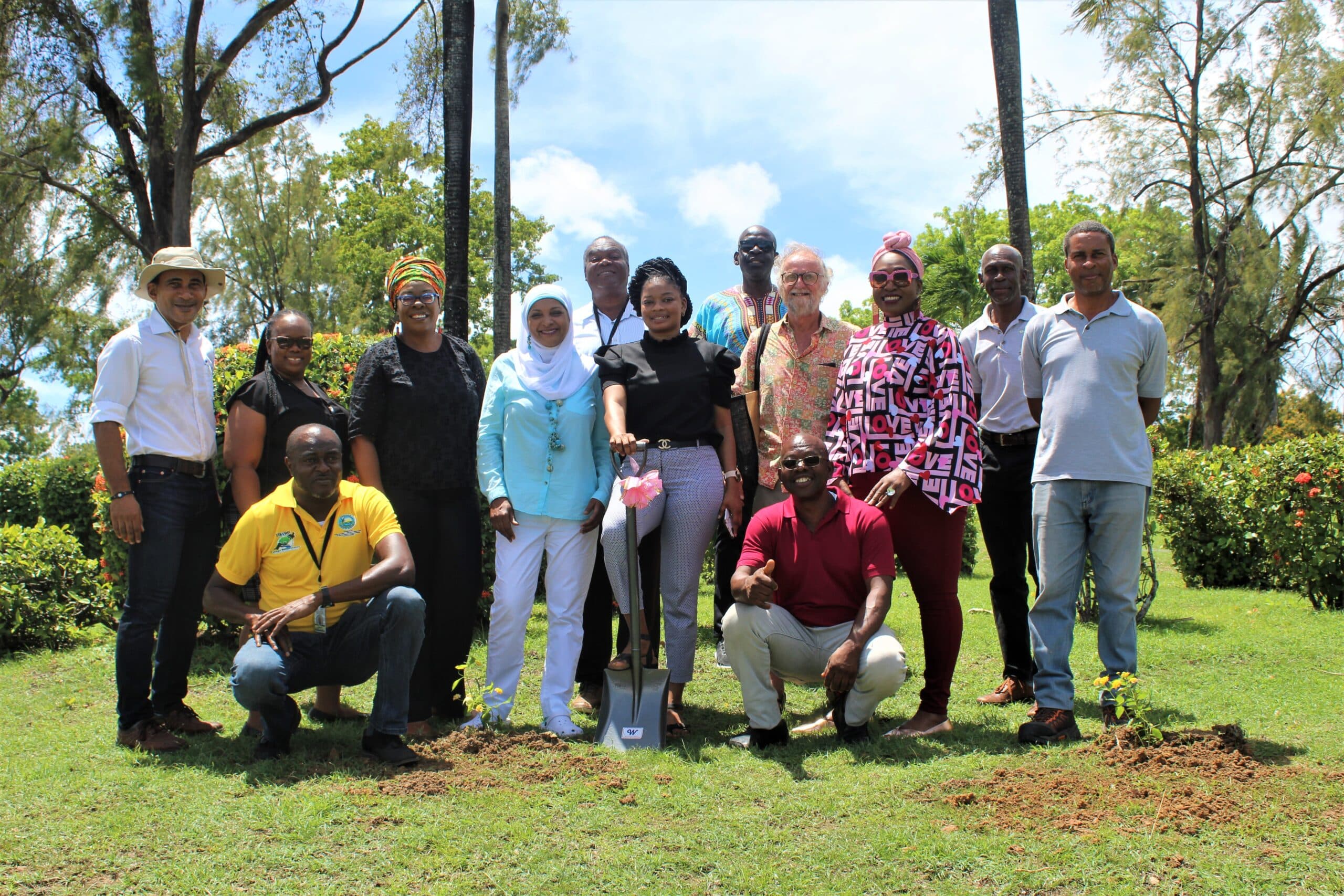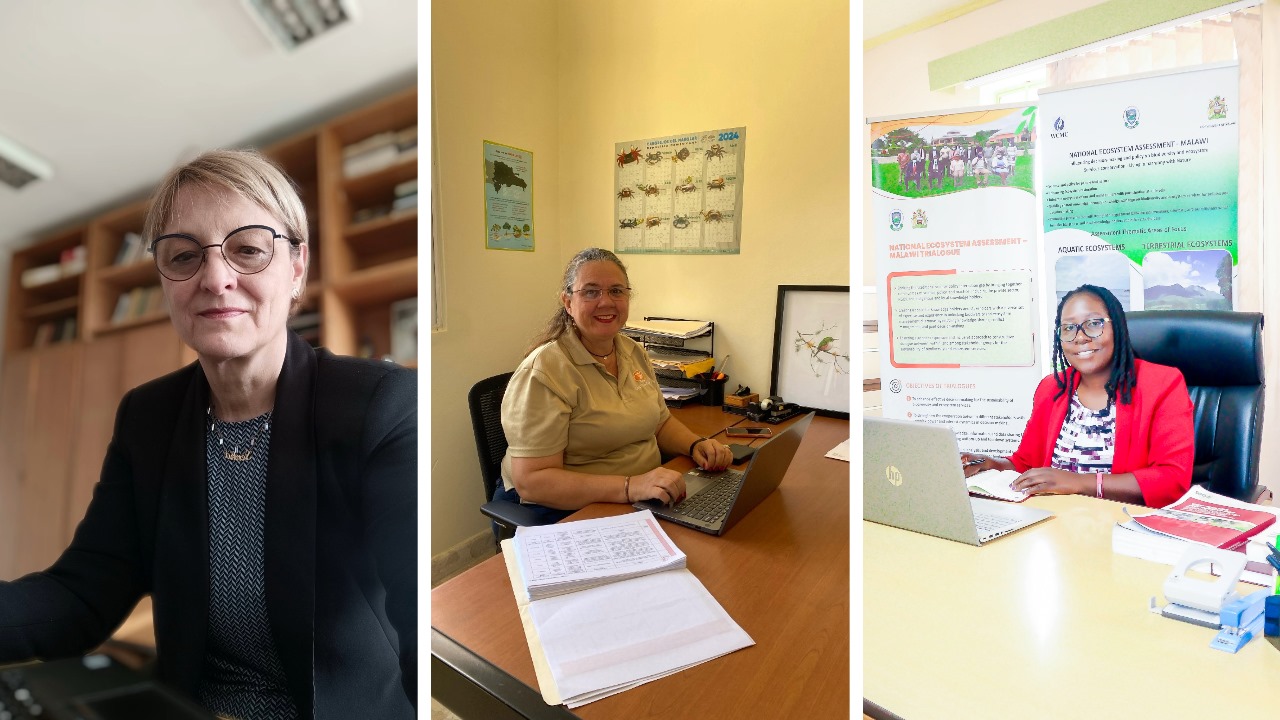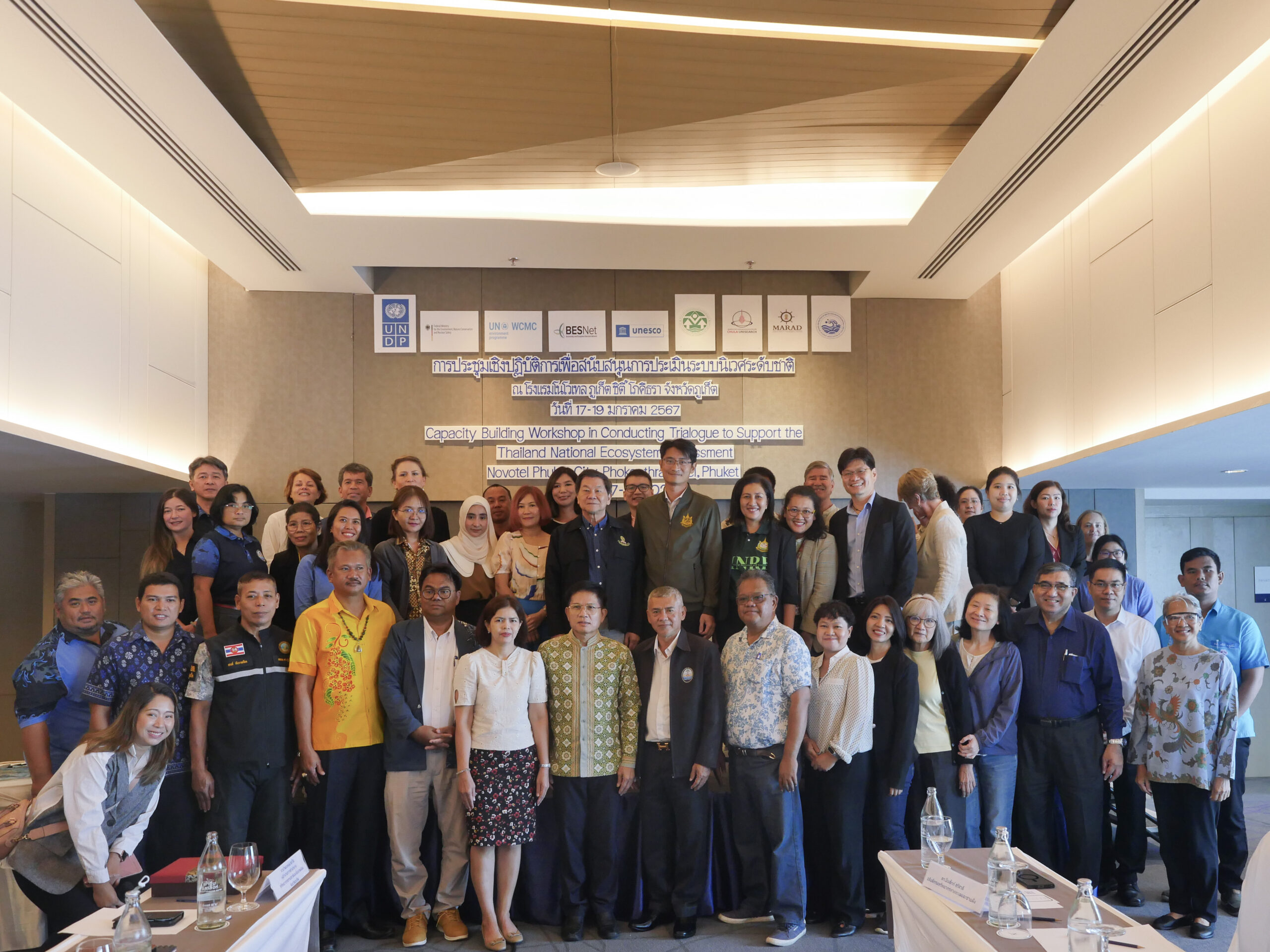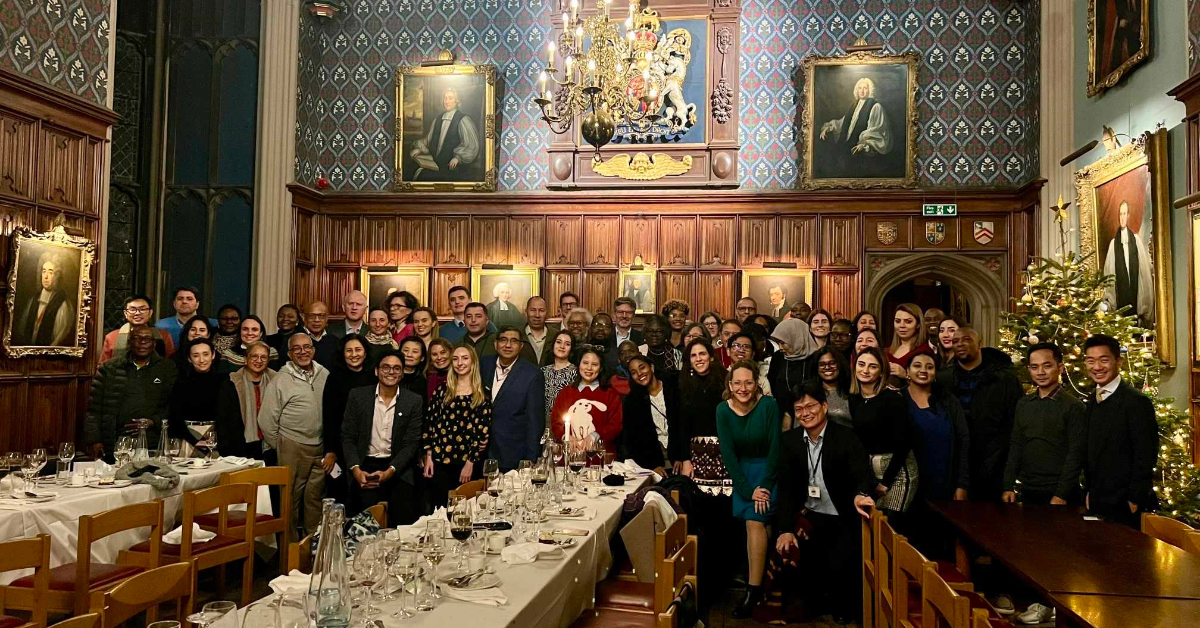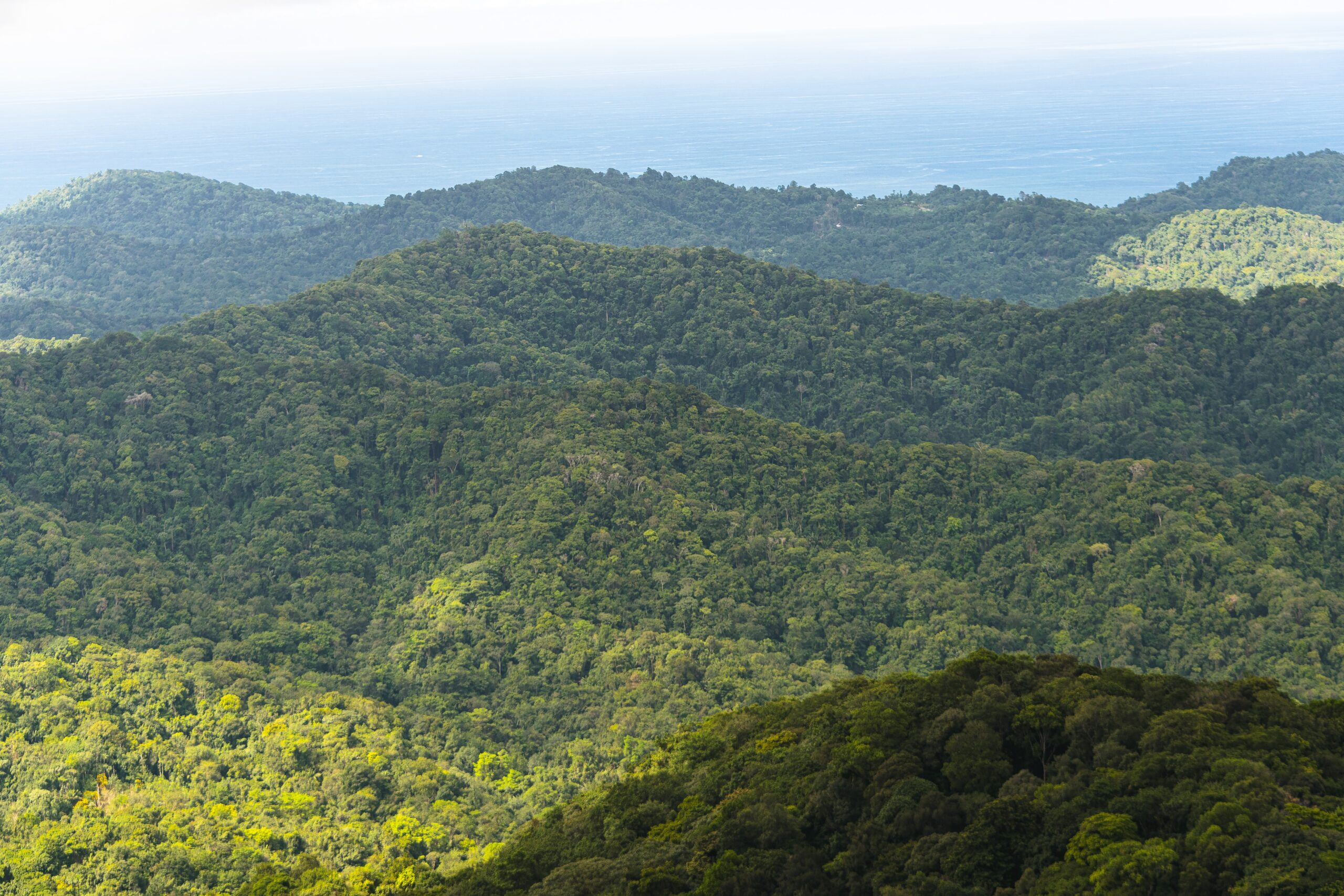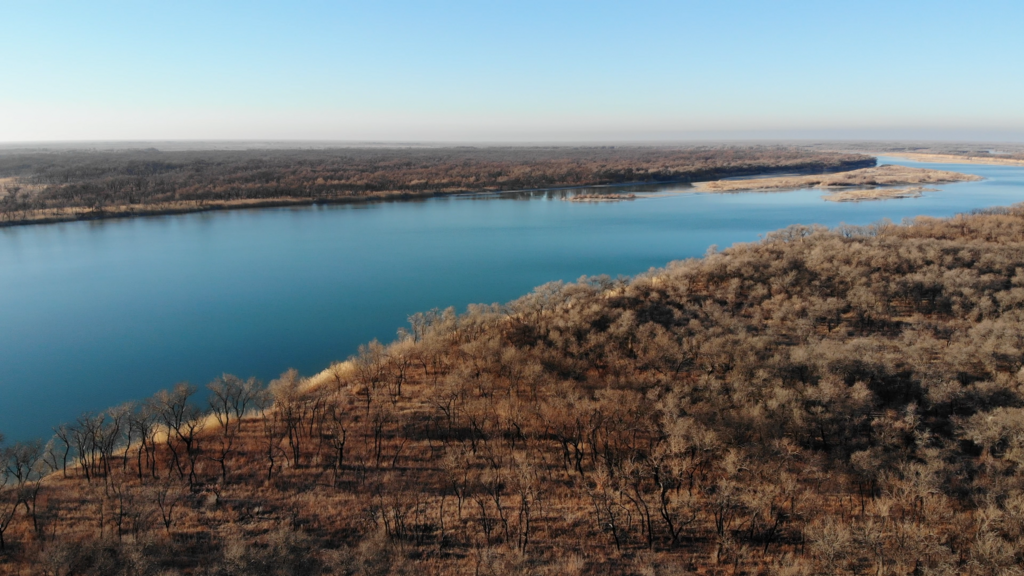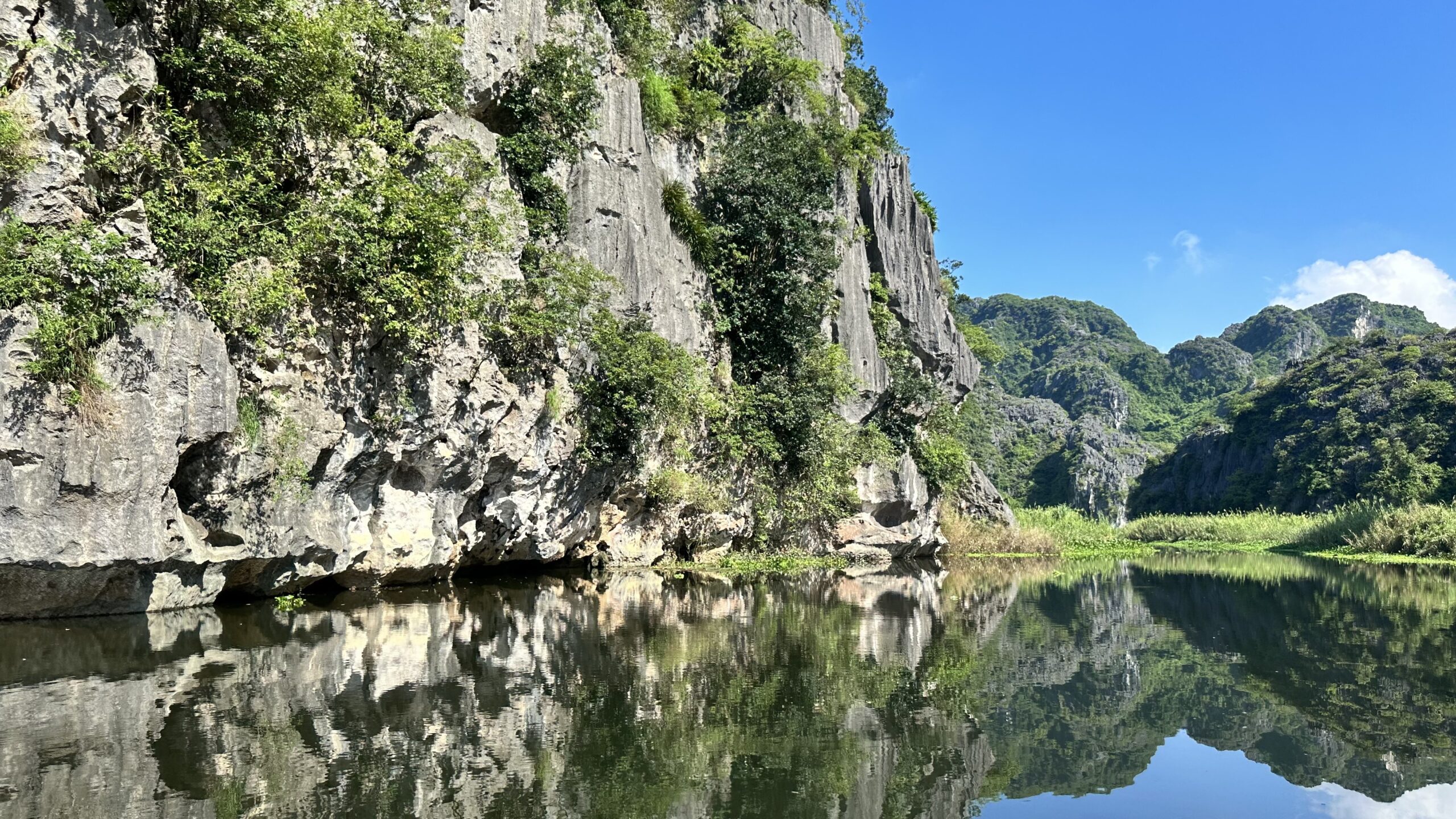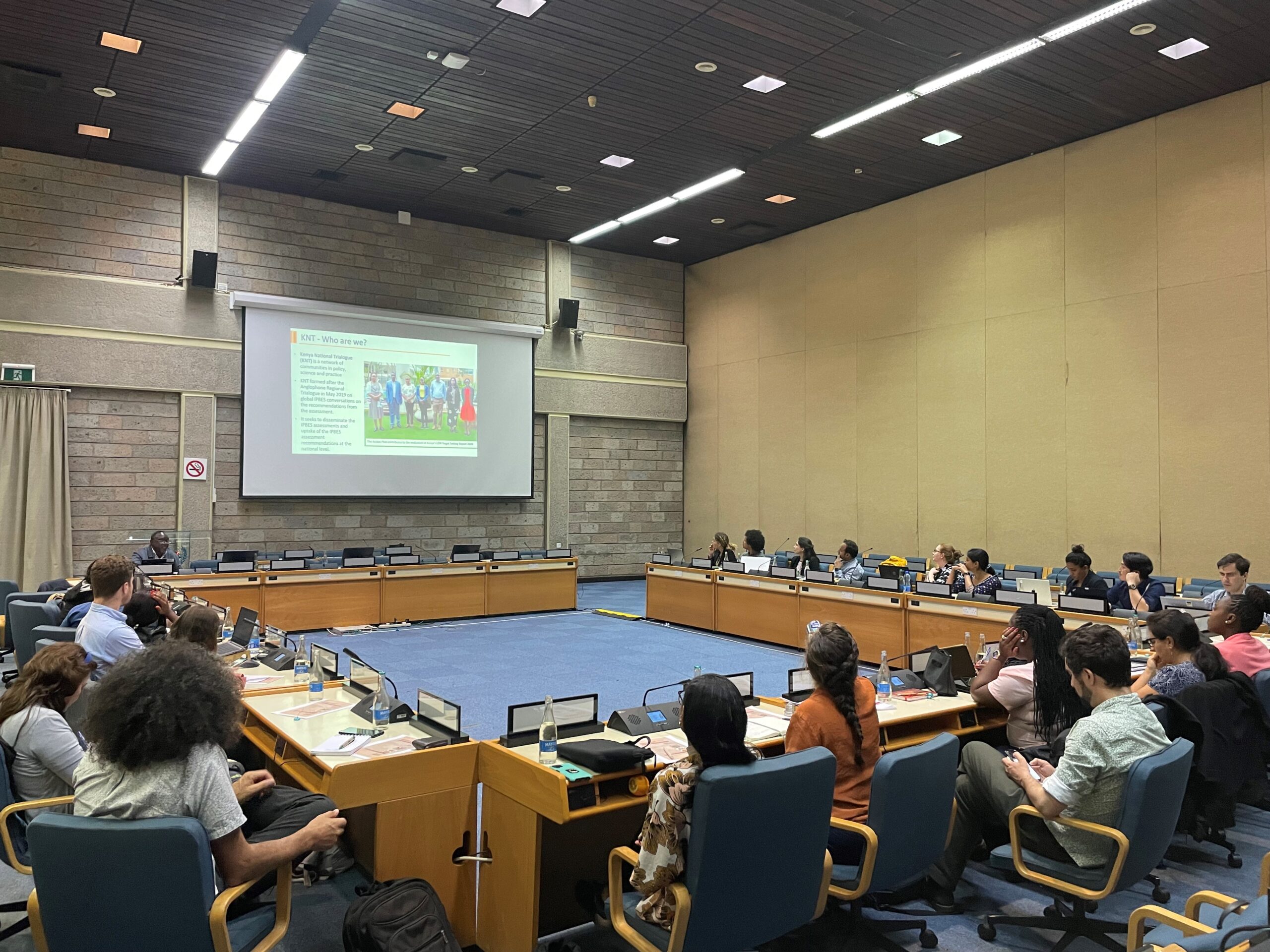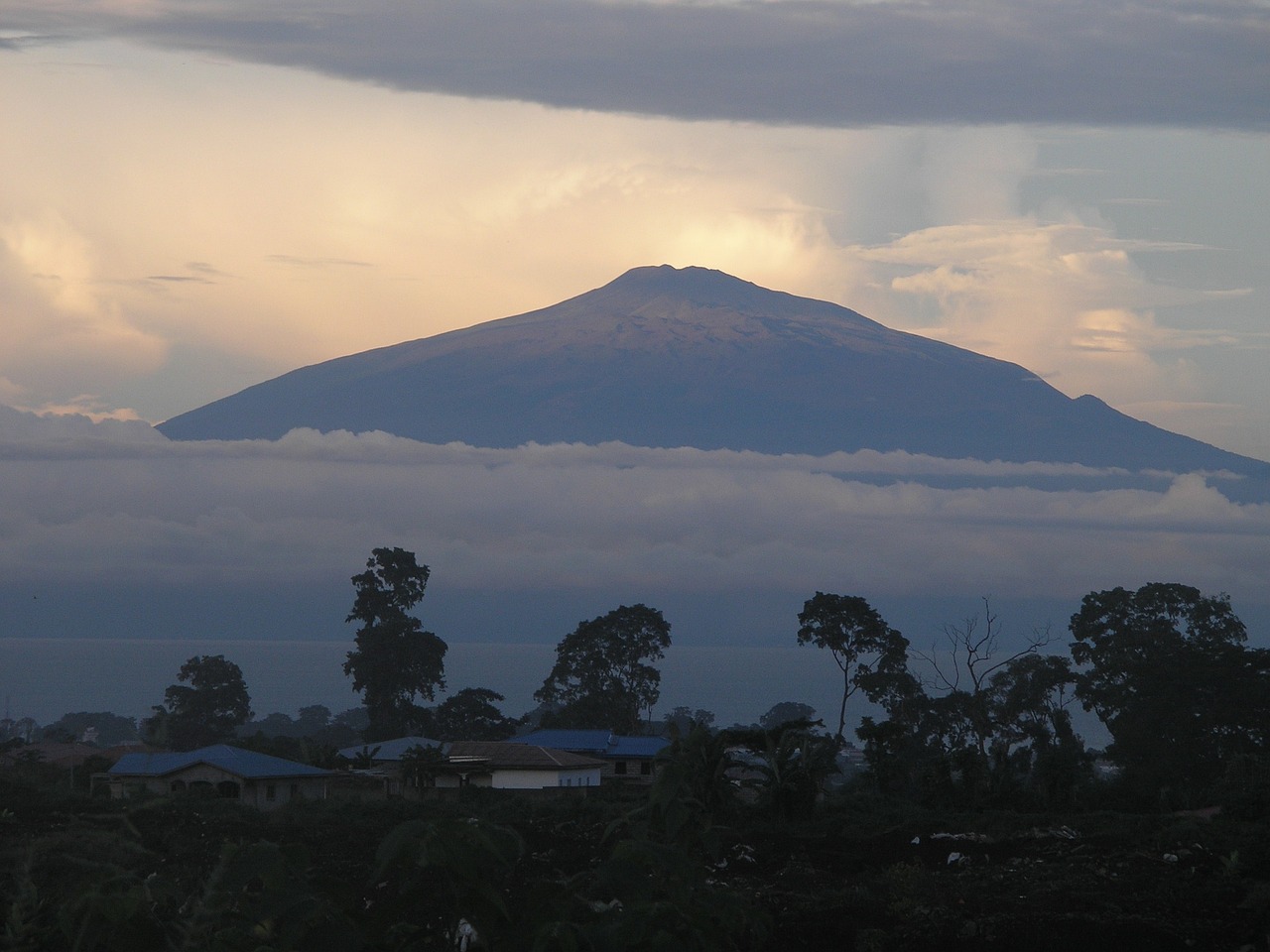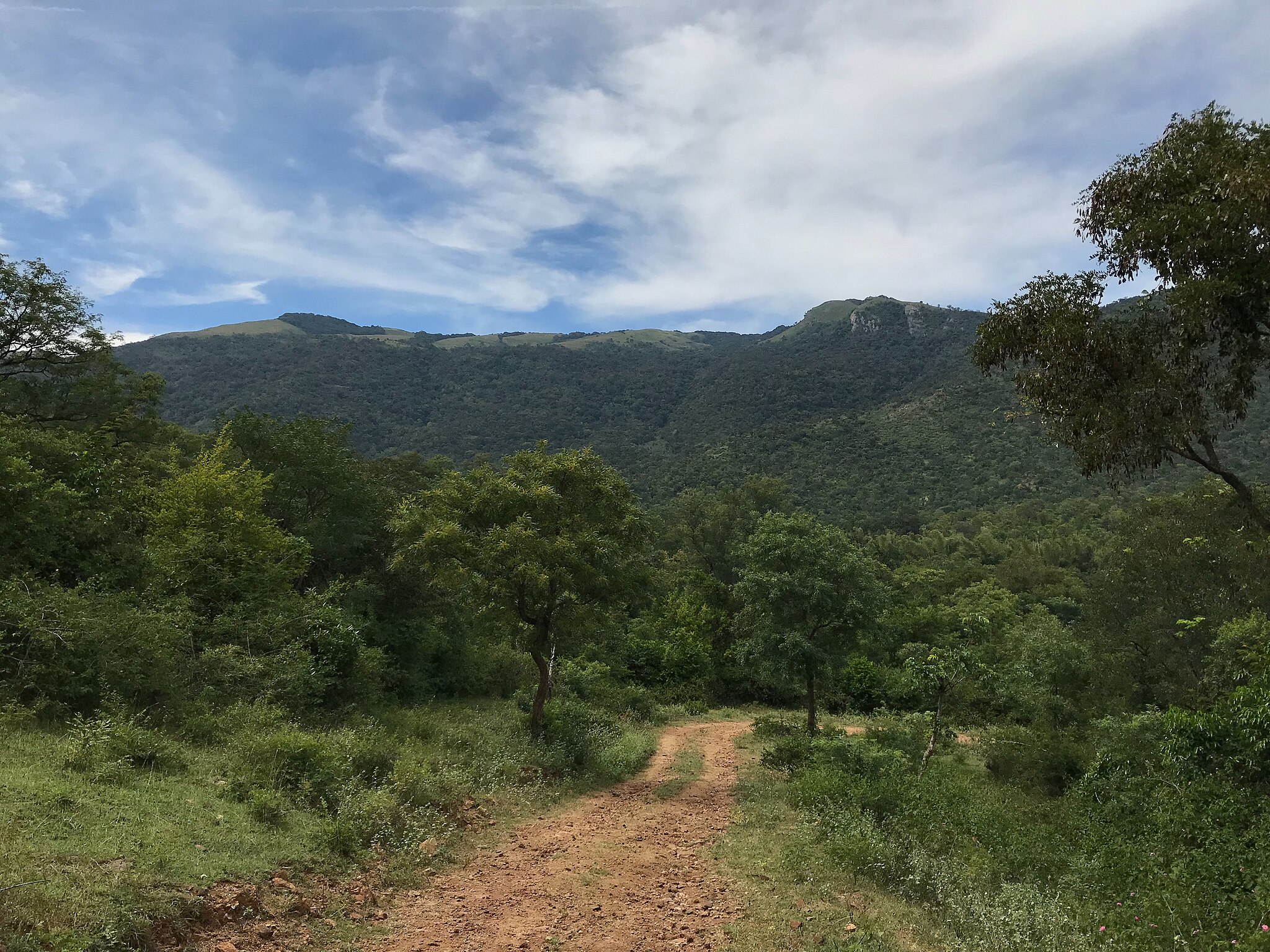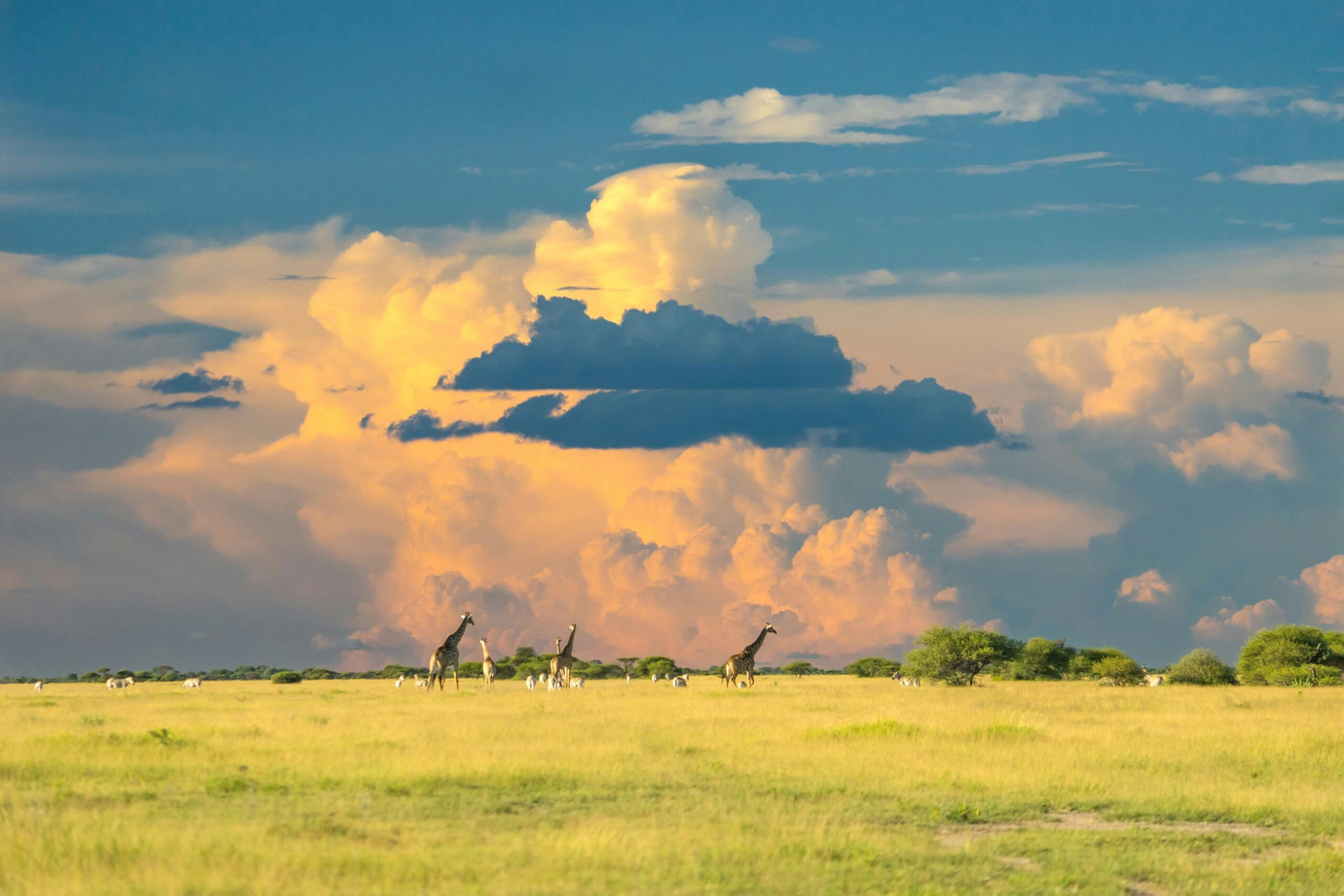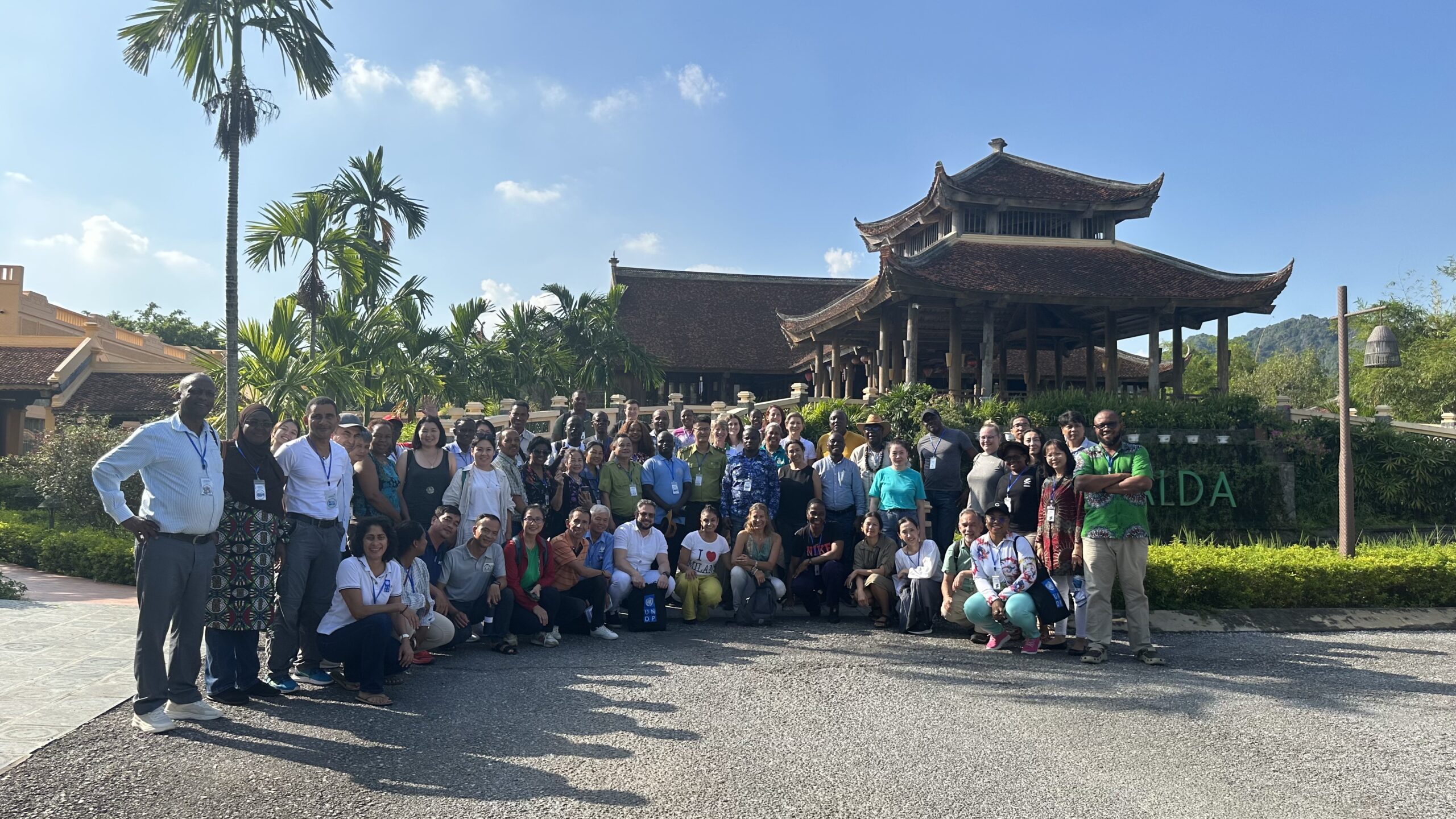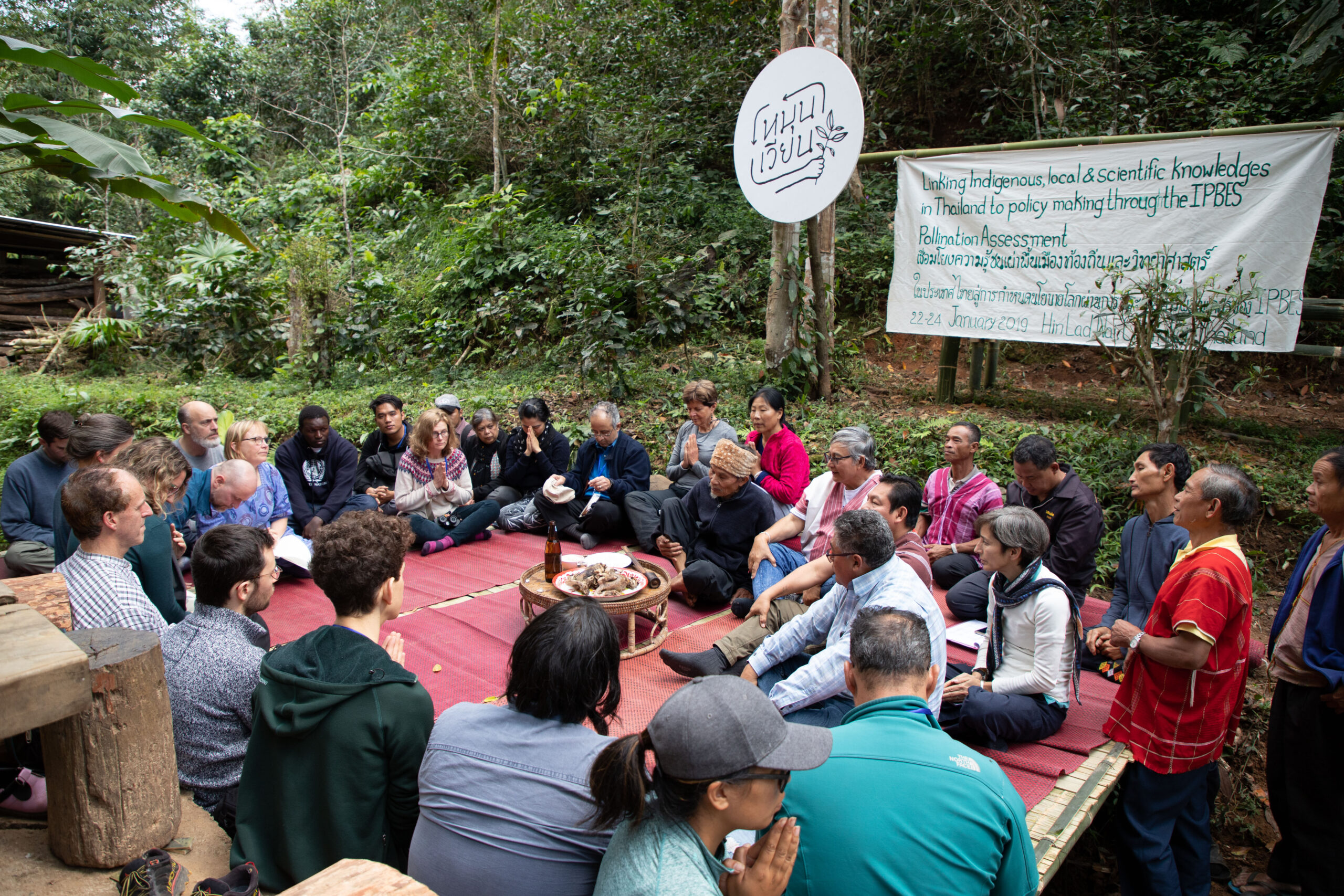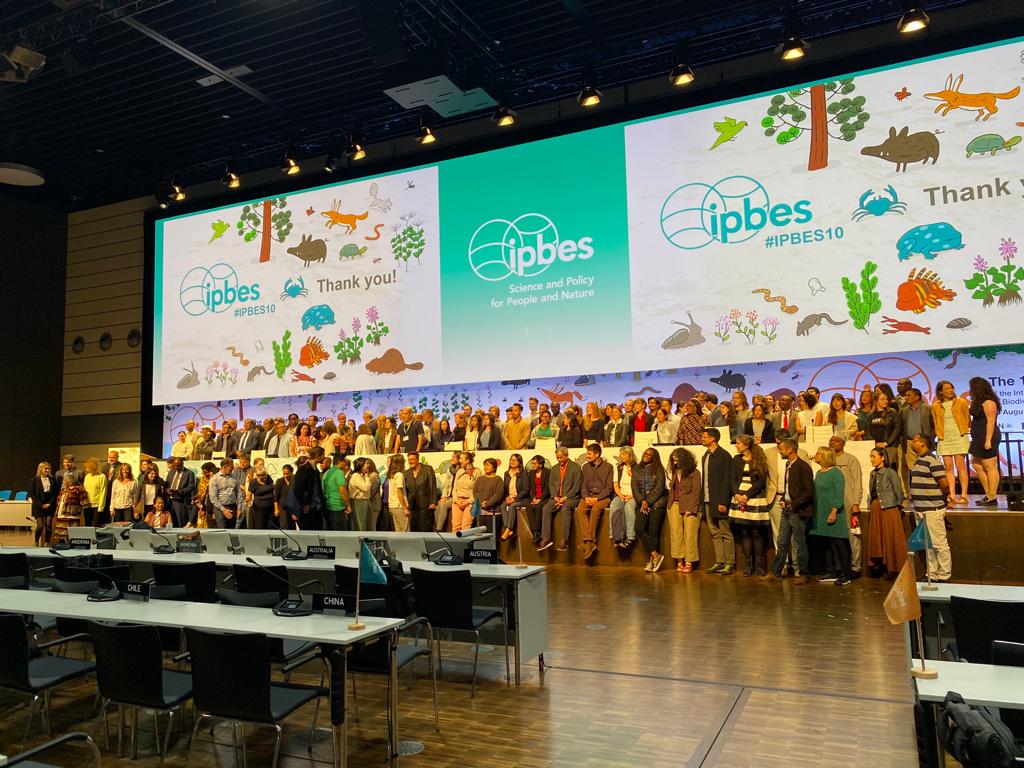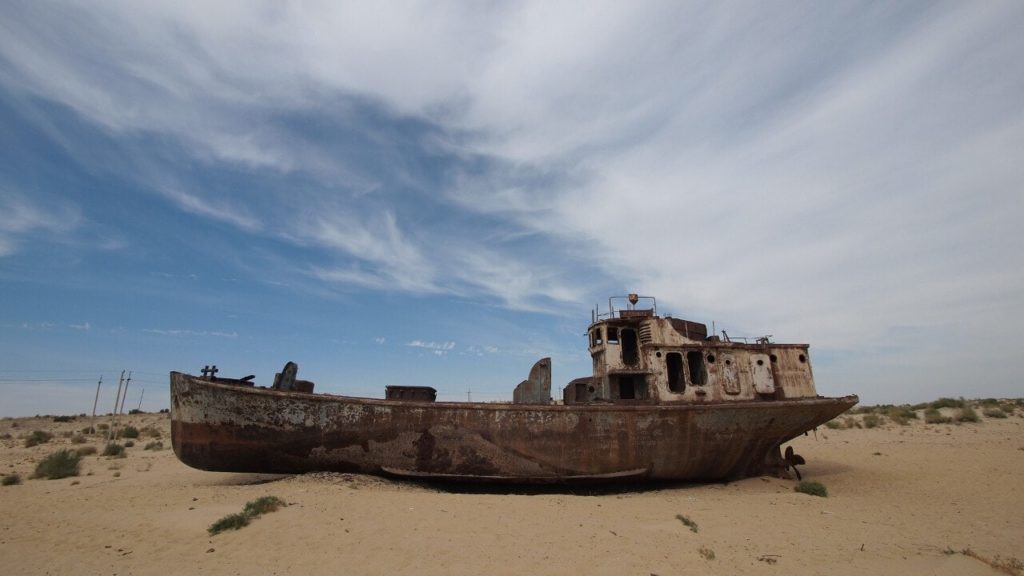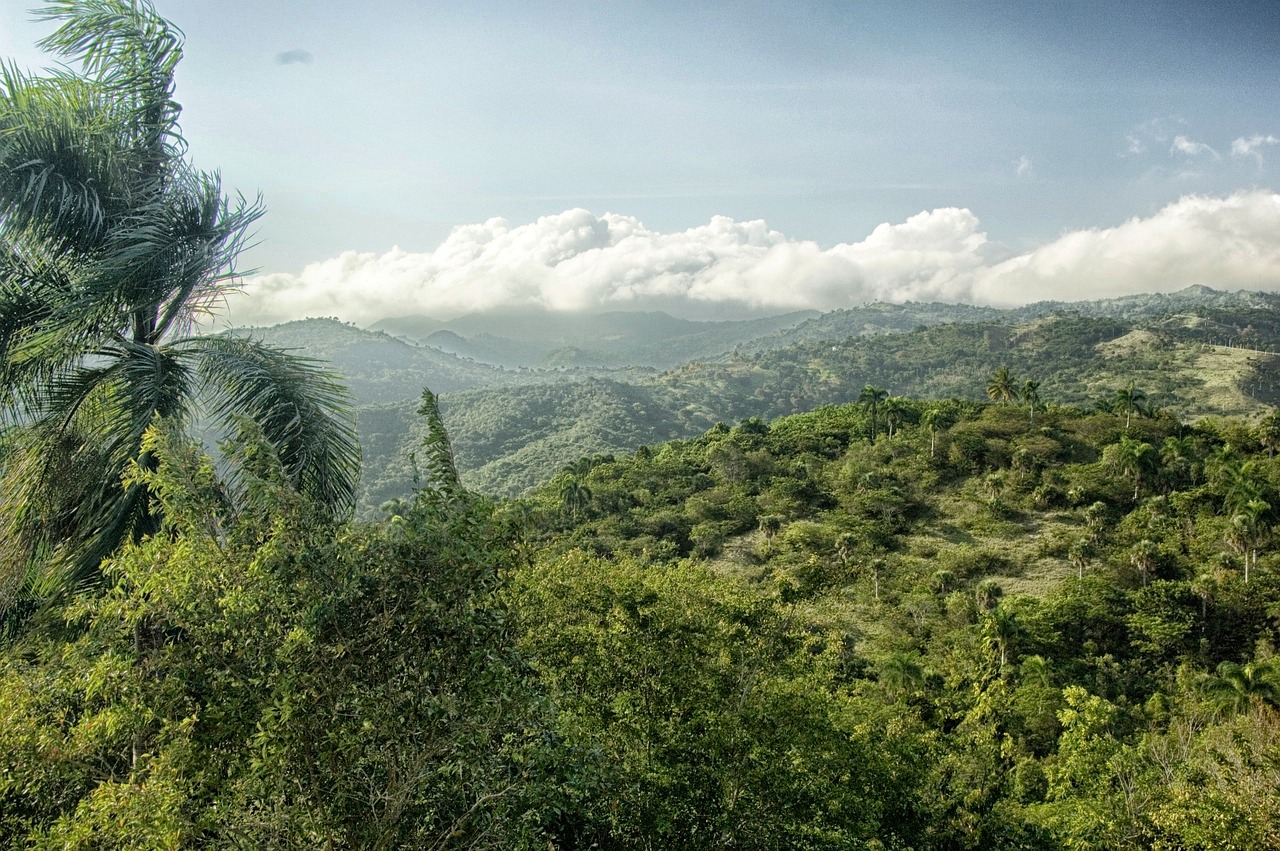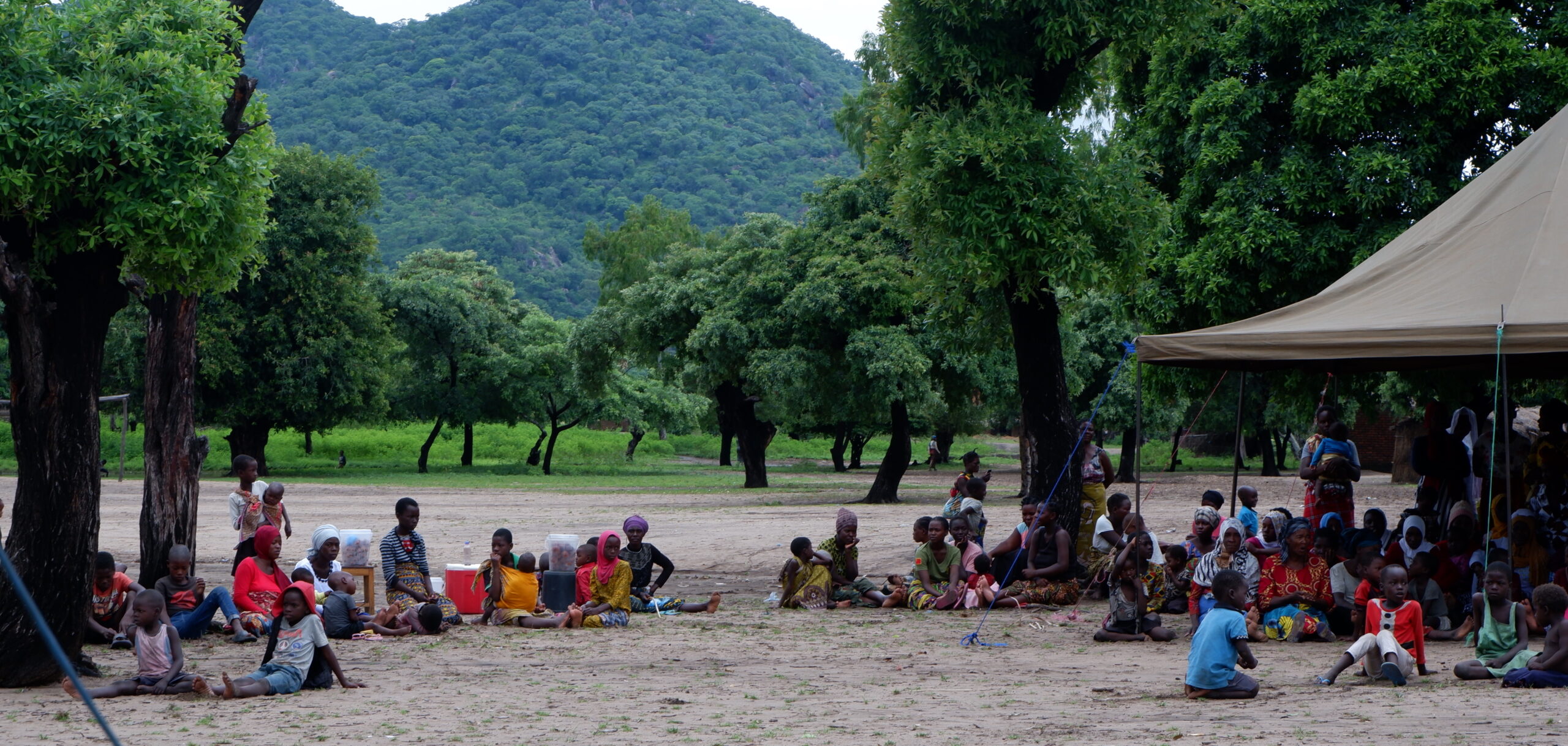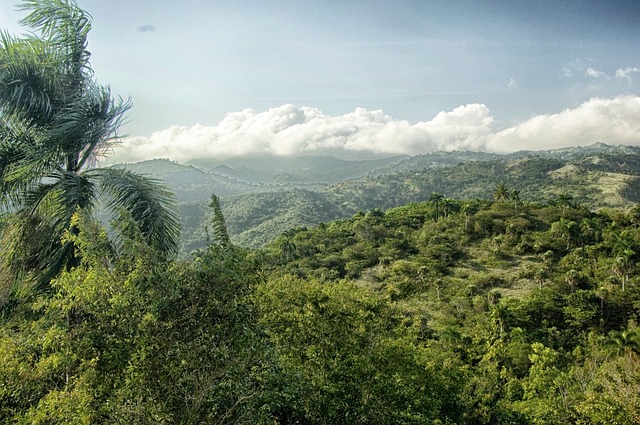IPBES Fellows Annual Training Workshop & Capacity-Building Forum 2023
Supporting Youth’s Participation in the Science-Policy Interface on Biodiversity
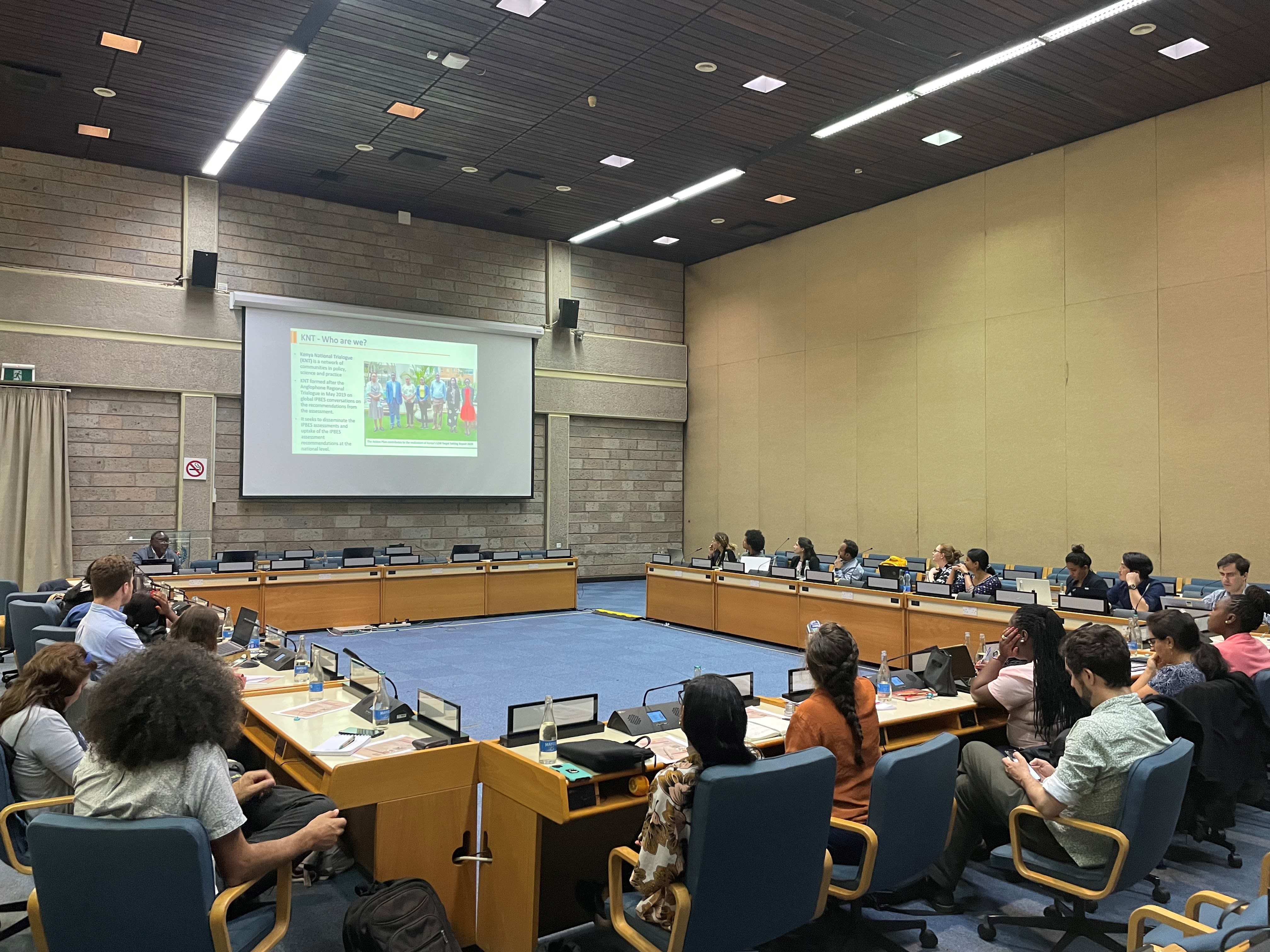
On 9–12 May 2023, Nairobi served as an inspiring backdrop for two pivotal events about biodiversity and nature’s contributions to people. Co-hosted by the Biodiversity and Ecosystem Services Network (BES-Net) and the National Museums of Kenya, the Intergovernmental Science-Policy Platform on Biodiversity and Ecosystem Services (IPBES) fellows annual training workshop and the 6th meeting of the IPBES capacity-building forum brought together passionate, early-career individuals dedicated to nature conservation.
IPBES Fellows Annual Training Workshop

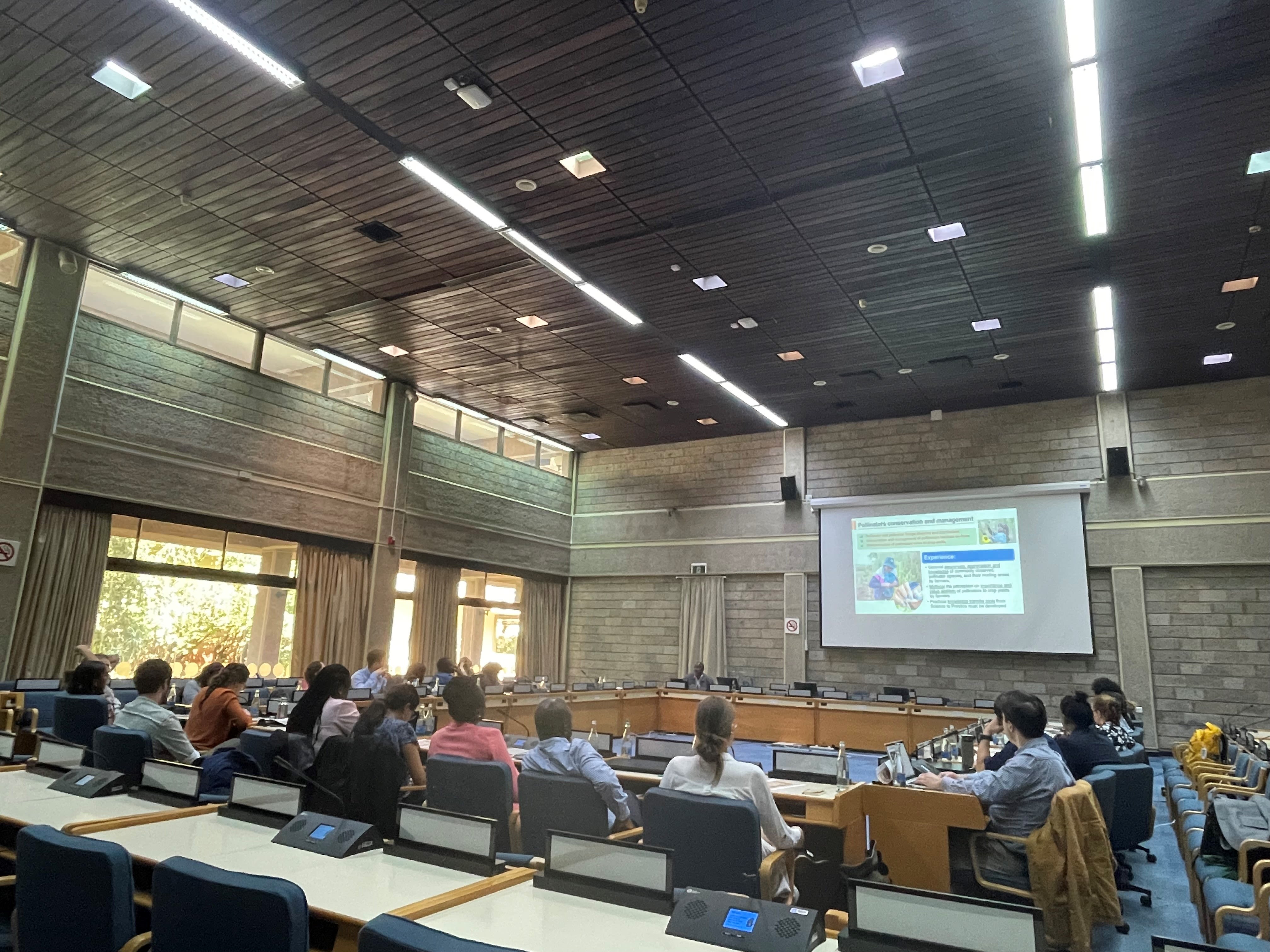
The IPBES fellowship programme provides an opportunity for outstanding early-career individuals from all backgrounds and disciplines working on biodiversity and ecosystem services to participate in IPBES assessments.
The IPBES fellowship programme is a unique platform that supports young and dynamic professionals from various backgrounds, all united by a common cause: preserving biodiversity and ecosystem services. On 9–11 May, 25 fellows joined the programme at the United Nations Office at Nairobi to participate in a training workshop designed to amplify their expertise in ongoing IPBES assessments, including the invasive alien species assessment, nexus assessment and transformative change assessment. From exploring the nexus between the IPBES assessments and the Global Biodiversity Framework to harnessing artificial intelligence for data assessment, the fellows engaged in an immersive learning experience that transcended fields and disciplines.
On day 1 of the workshop, BES-Net shared its capacity-building efforts in facilitating the uptake of IPBES assessments. Mr. Washington Ayiemba, Programme Management Specialist at UNDP Kenya, elucidated the practical benefits of these assessments. He shared significant lessons and contextual experiences about how findings from the pollinators and land degradation and restoration assessments have been instrumental in enhancing the livelihoods of local communities and bridging the gaps between scientific, traditional and other knowledge systems through the Trialogue approach.
The conversation between IPBES fellows and the BES-Net team shed light on various obstacles to and potential solutions for the uptake of IPBES assessments:
The need for commitment to IPBES’ work and its assessment findings beyond raising awareness
The need to adopt a tailored approach in engaging with practitioners and local communities, e.g. through walking workshops and Trialogues, recognizing the heterogeneity of different practice groups and communities with diverse values, priorities and interests
The need to make connections clearer among different sets of evidence and knowledge bases to promote a more integrated approach to implementing the IPBES assessments
The fellows also had a chance to step out and connect with the heart of Nairobi amid the intensive workshop. Through guided tours, they visited and learned about the United Nations and its headquarters in Africa, as well as the urban forest ecosystem of Karura Forest, a green sanctuary that harbours hundreds of species.
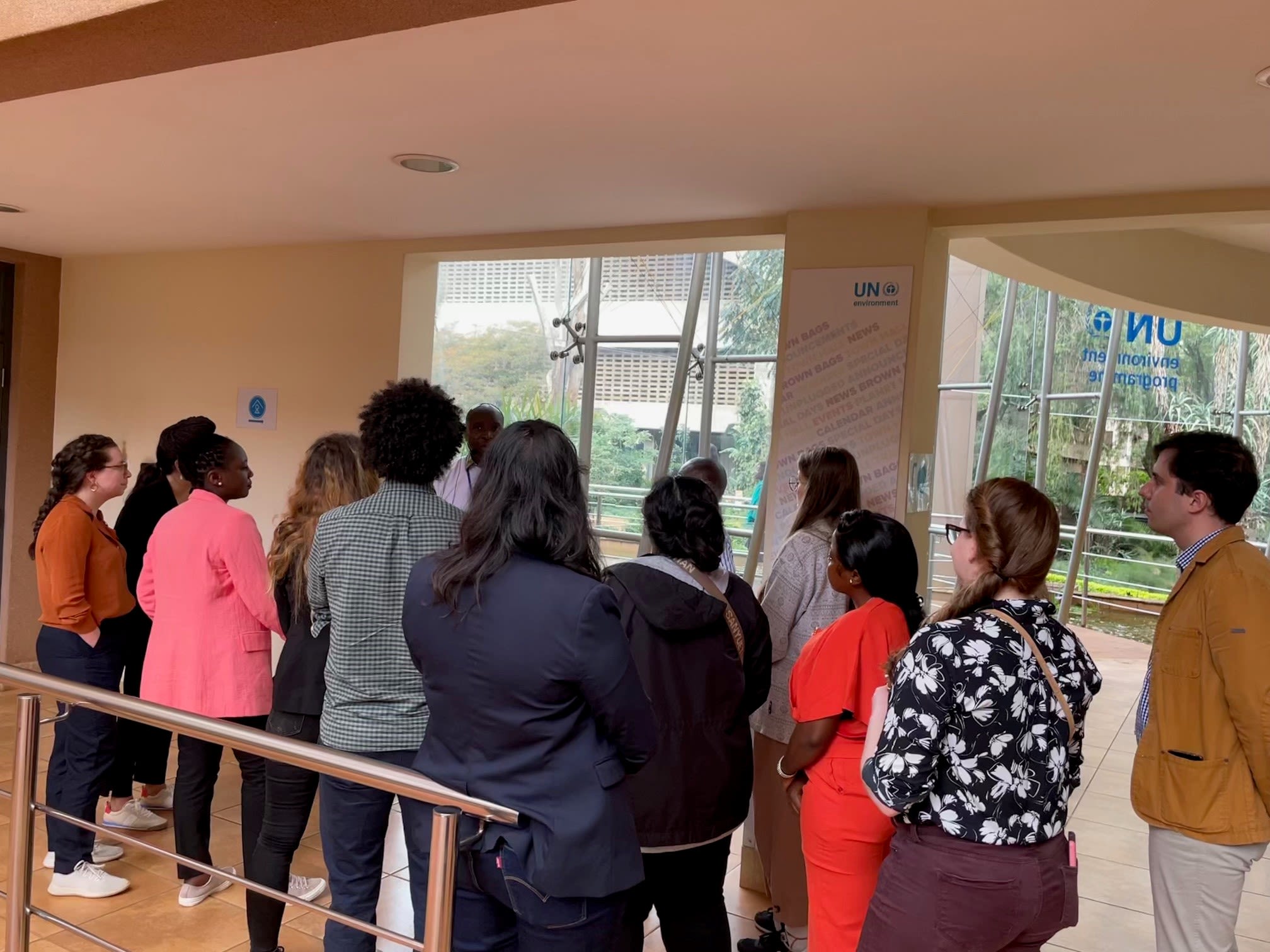
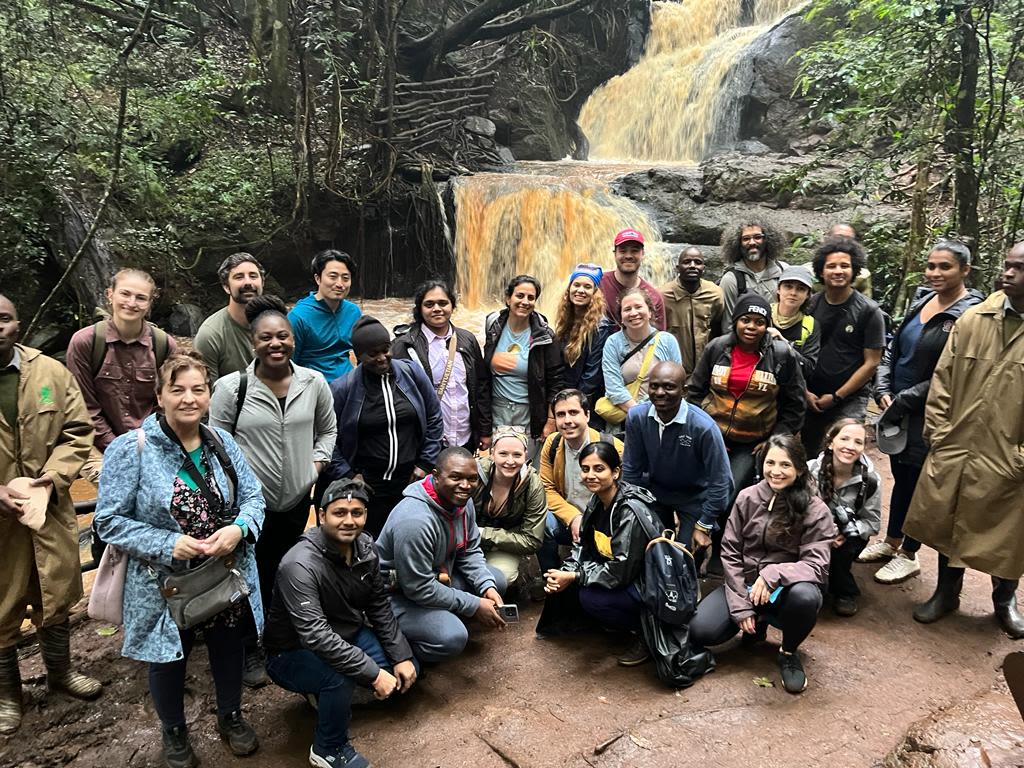
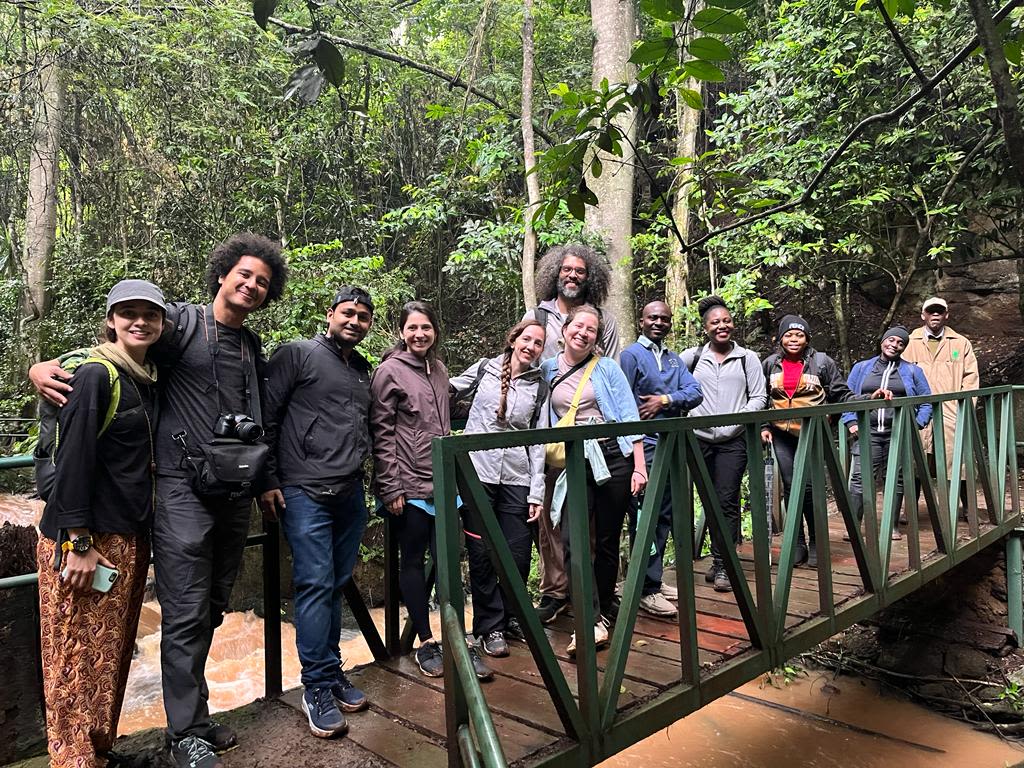



The 6th Meeting of the IPBES Capacity-Building Forum

The 6th meeting of the IPBES capacity-building forum held at the National Museums of Kenya Headquarters on 12 May successfully concluded the series of back-to-back events, bringing together approximately 160 participants both virtually and in person.
The forum focused on developing the capacities of youth on the findings of IPBES assessments and in the science-policy interface on biodiversity. It also provided an opportunity for attendees to acquaint themselves with different IPBES initiatives, including the assessment and the Nature Future Framework.
The event provided the participants – especially the representatives from Africa – with a unique opportunity to present their activities, exchange ideas and put forward recommendations to the work of IPBES and its partners, including the UN and governments. This engagement of youth organizations and networks was an enriching aspect of the forum.
In the series of insightful discussions, Sheila Koech, one of the panellists, acknowledged BES-Net's support in establishing a connection between IPBES and the local communities in Kenya. This acknowledgement underscored the importance of BES-Net’s work in bridging the gap between IPBES initiatives and the successful engagement of local communities.
The IPBES events in Nairobi were not just gatherings of people with shared interests but rather a testament to the collective resolve to safeguard our biodiversity and ecosystems – one that goes beyond geographical boundaries and disciplines.
The workshop and forum underlined the importance of empowering the next generations with the knowledge, tools and opportunities they need to make a difference. Ultimately, they serve as a reflection of IPBES' commitment to empowering the younger generations and their faith in their potential to contribute significantly to biodiversity conservation.
